
San Diego State University Fees and Cost of Studying for Indian Students 2025-26
San Diego State University offers 133 courses across Master levels. SDSU is well-known for courses in fields like Engineering, Electrical and Electronics Engineering and Sciences. The popular courses among international students at San Diego State University include:
- Master of Science [M.Sc] Electrical Engineering (23 Views Last Year)
How Much Does it Cost to Study at San Diego State University for Indian Students?
San Diego State University Cost 2025 for Popular Courses among Indian Students is as tabulated below
| Program | Annual Fees In | Annual Fees In INR |
|---|
San Diego State University Fees for Indian Students
- The cost for San Diego State University M.Sc Electrical Engineering is /Year ($0).
Also Check:
Popular Programs and Important Dates
| Program | Important Dates | Fees | Application Fees | Eligibility | Financial Aid |
|---|---|---|---|---|---|
M.S Computer Science 2 years | Application Deadline For Fall Intake (1st Feb 2026) Complete Program Application for Fall Intake (1st Mar 2026) | USD 17,454 /Yr | 70 | GPA 3.0, TOEFL(80), IELTS(6.5), Duolingo-105 | |
M.B.A 2 years | Cal State Apply Application For Fall 2026 Intake (1st Apr 2026) Program Application Deadline For Fall 2026 Intake (15th Apr 2026) Documents submission Deadline For Fall Intake (15th Apr 2026) | USD 18,786 /Yr | 70 | GPA 3.0, TOEFL(80), IELTS(6.5), Duolingo-105 | - |
M.S Big Data Analytics 2 years | Priority Application Deadline For 2026 Intake (31st Dec 2025) Cal State Apply Application For Fall 2026 Intake (1st Feb 2026) Documents submission Deadline For Fall Intake (15th Feb 2026) Program Application Deadline For Fall 2026 Intake (1st Mar 2026) | USD 17,852 /Yr | 70 | GPA 3.2, TOEFL(80), IELTS(6.5), Duolingo-105 | - |
Cal State Apply Application For Fall 2026 Intake (1st Feb 2026) Documents submission Deadline For Fall Intake (15th Feb 2026) Program Application Deadline For Fall 2026 Intake (1st Mar 2026) | USD 17,454 /Yr | 70 | GPA 3.0, TOEFL(80), IELTS(6.5), Duolingo-105 | - | |
M.B.A International Business 2 years | Cal State Apply Application For Fall 2026 Intake (1st Apr 2026) Program Application Deadline For Fall 2026 Intake (15th Apr 2026) Documents submission Deadline For Fall Intake (15th Apr 2026) | USD 18,786 /Yr | 70 | GPA 3.0, TOEFL(80), IELTS(6.5), Duolingo-105 | - |
M.S Information Systems 2 years | Cal State Apply Application For Fall 2026 Intake (1st Feb 2026) Documents submission Deadline For Fall Intake (15th Feb 2026) Program Application Deadline For Fall 2026 Intake (1st Mar 2026) | USD 17,454 /Yr | 70 | GPA 3.0, TOEFL(80), IELTS(6.5), Duolingo-105 | - |
M.S Cybersecurity Management 2 years | Cal State Apply Application For Fall 2026 Intake (1st Feb 2026) Documents submission Deadline For Fall Intake (15th Feb 2026) Program Application Deadline For Fall 2026 Intake (1st Mar 2026) | USD 17,454 /Yr | 70 | GPA 3.0, TOEFL(80), IELTS(6.5), Duolingo-105 | - |
B.S Microbiology 4 years | Application Deadline For Fall 2026 Intake (2nd Dec 2025) | USD 13,320 /Yr | 70 | GPA 3.0, TOEFL(80), IELTS(6.5), Duolingo-105 | - |
M.S Epidemiology 2 years | Documents submission Deadline For Fall Intake (15th Feb 2026) Program Application Deadline For Fall 2026 Intake (1st Mar 2026) | USD 18,786 /Yr | 70 | GPA 3.0, TOEFL(80), IELTS(6.5), Duolingo-105 | - |
Cal State Apply Application For Fall 2026 Intake (1st Feb 2026) Documents submission Deadline For Fall Intake (15th Feb 2026) Documents submission Deadline For Fall Intake (1st Mar 2026) | USD 24,114 /Yr | 70 | GPA 3.0, TOEFL(80), IELTS(6.5), Duolingo-105 | - |
Do you think the Dates are wrong ? Report Here
STEM Course
Course Finder - Search from 50K+ courses
Popular Streams:
San Diego State University Reviews
Most Popular Tags
10 Reviews Found
Likes
- SDSU offers specialization options in whichever feild you are intrested in.
- SDSU gives flexiblility in completion of masters degree in 2 to 3 years
- It offers wide benefits to students for free like weekly groceries, gym, sports, bowling alley, gaming zones and more
Dislikes
- Campus is located on a hill which has no flat roads, driving is little difficult here.
- Parking is only free for staff, students need to buy monthly pass
- On campass cafe and restaurents provide expensive food
Course Curriculum
- The course curriculum is more practical than theoretical.
- Positive aspects include friendly instructors, open lab access, and the freedom to implement your project ideas however or whatever you want. I don't think of any negative aspects of my course.
- There are around 6 hours of classes per week.
- Yes, all faculty members help students find part-time jobs on campus or long-term internships in the industry. Prof. Baris Aksanli and Prof. Dravko Lukic.
Fees
- Entire course costs upto to 38,000$ (19000$ per year with 2 semesters)
- Fees are charged semester-wise. Estimated monthly expense is about 820$, 560$ rent. Groceries, electricity and misc are the rest after paying the rent.
- Usually the rent is about 560 to 590 in a 5-sharing apartment but goes up when shared in 4.
- Near Campus, all are mostly taken by the undergrad students with $1,000 per month.
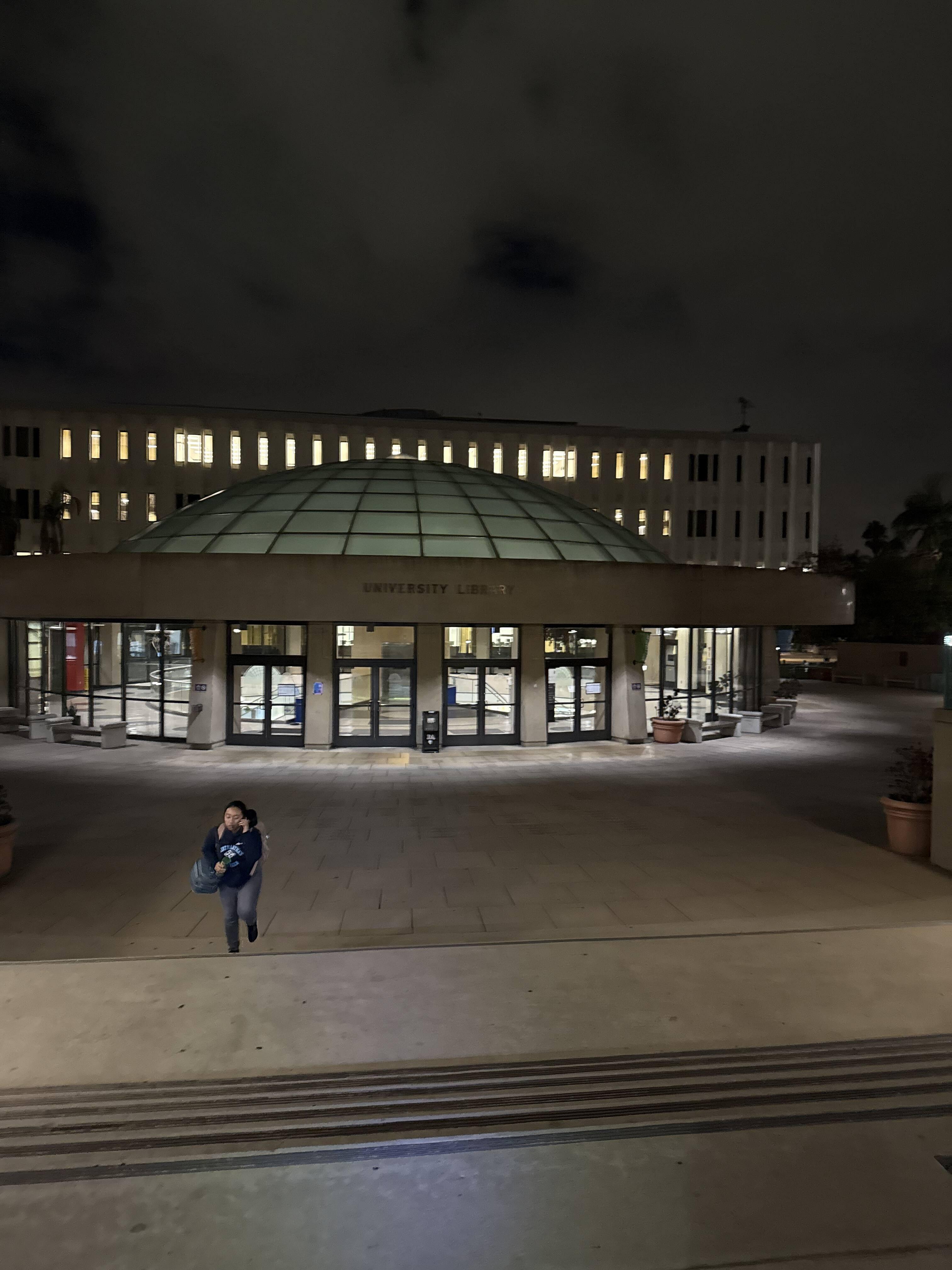
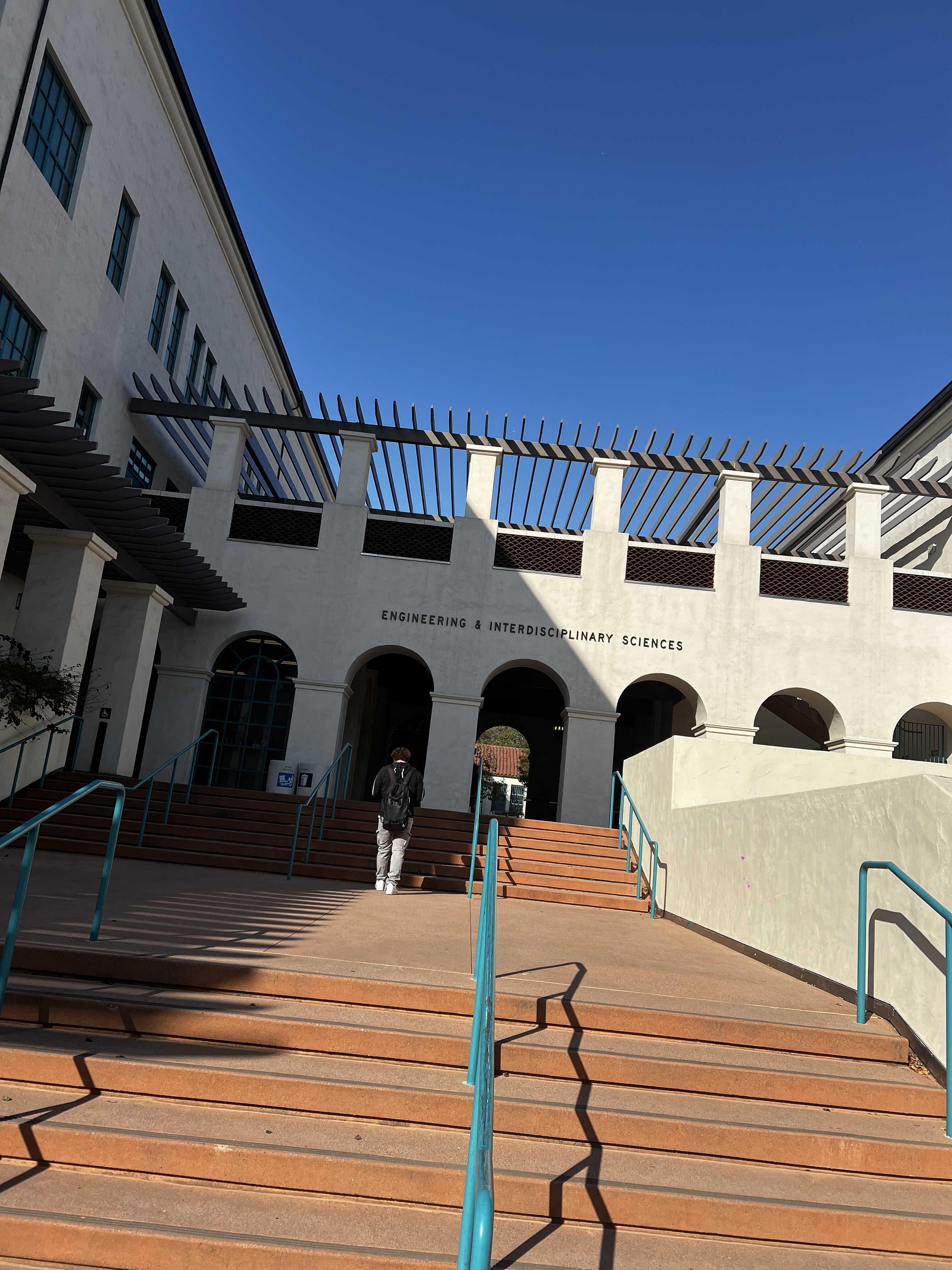
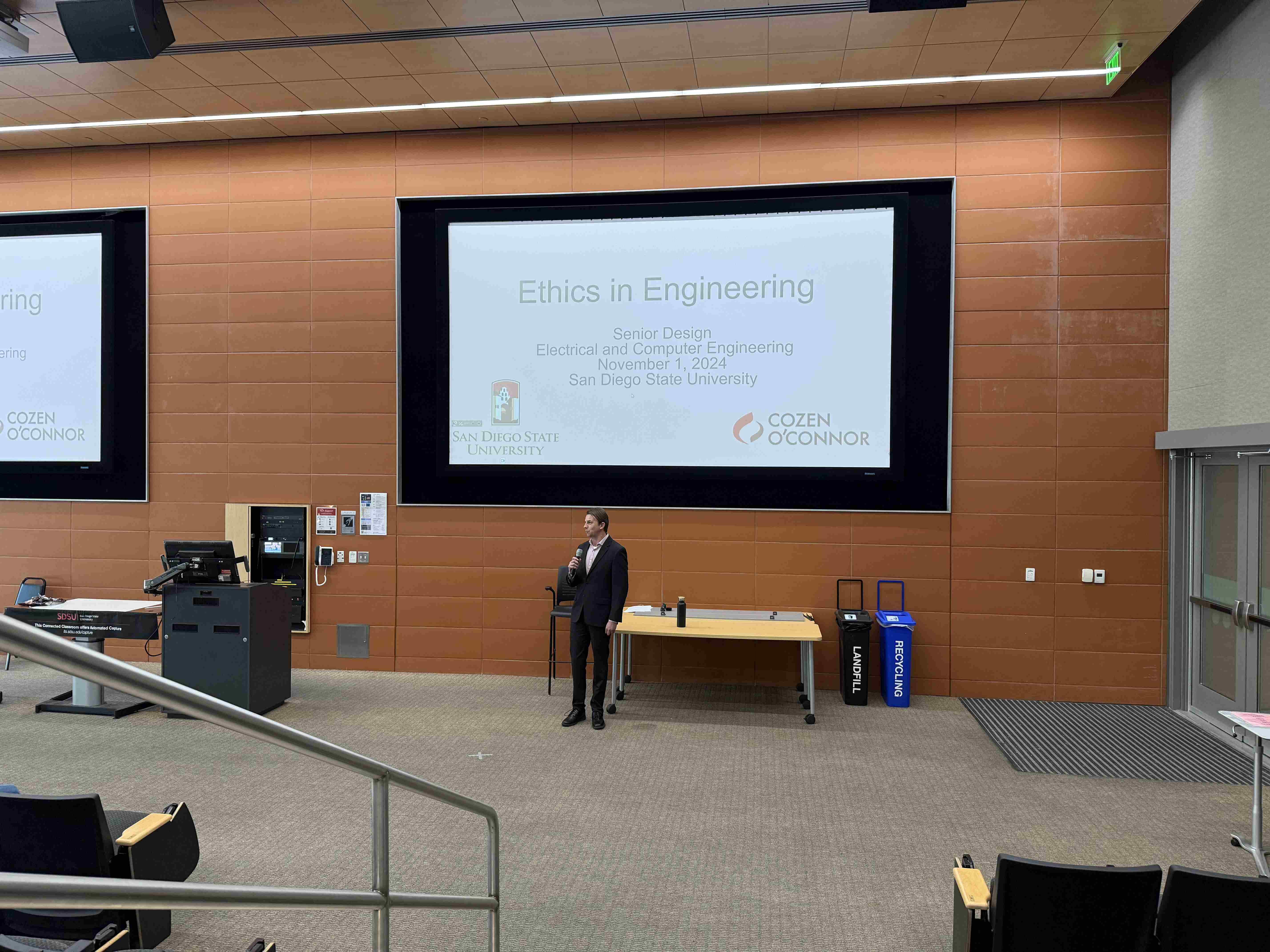
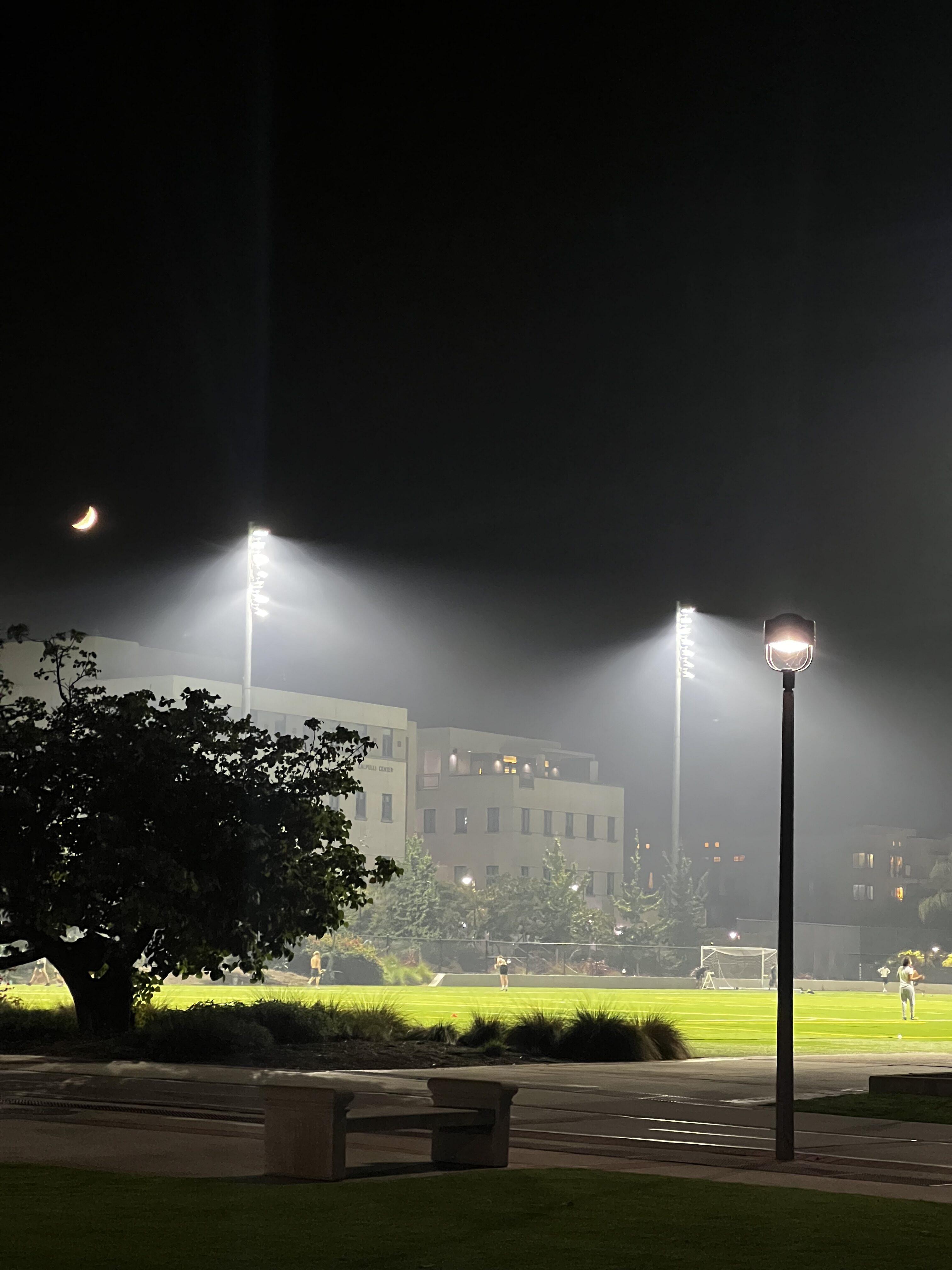
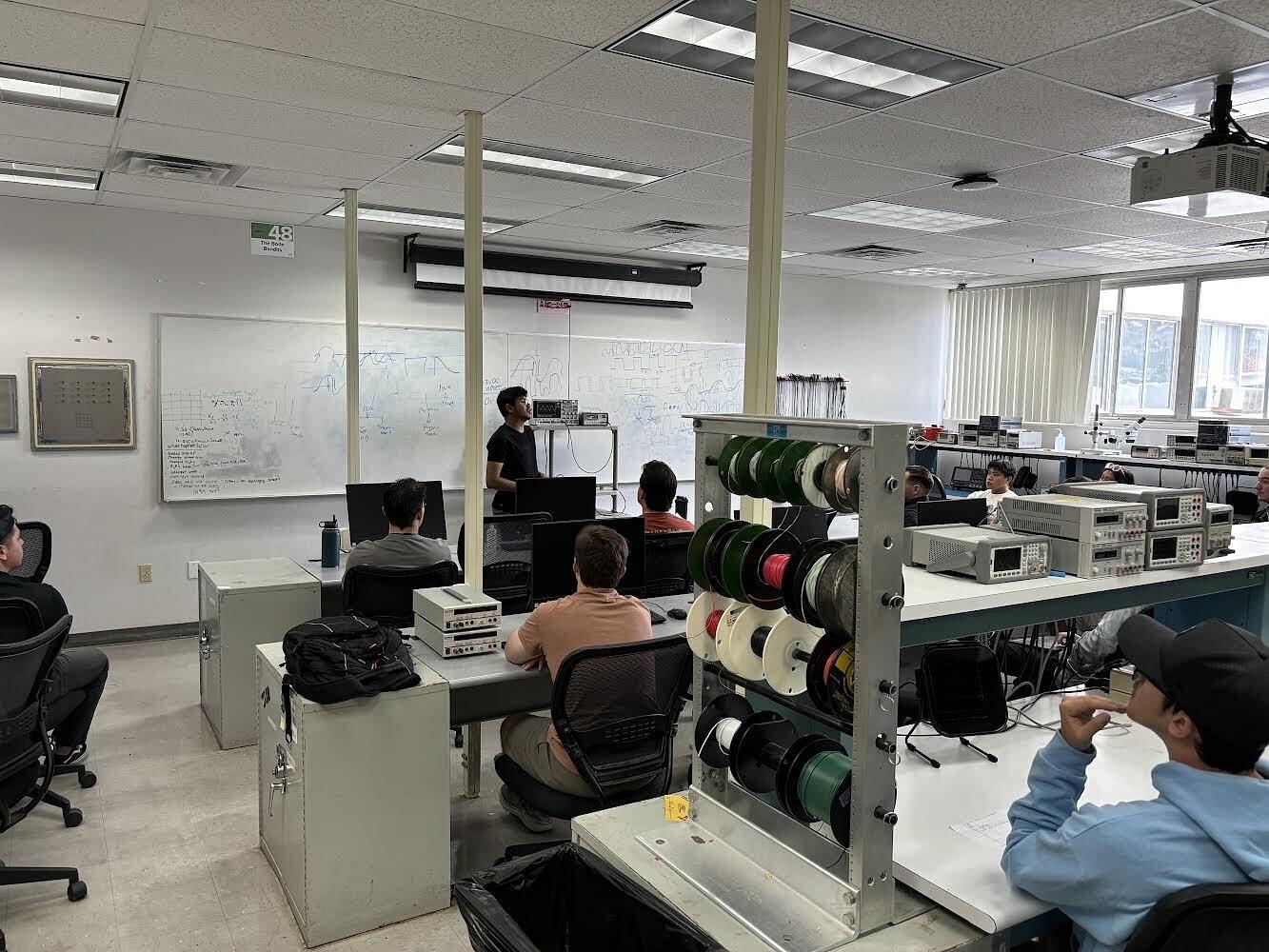
Likes
- Flexible Schedules
- Online access
- University Resources for students(softwares, journal access, google accounts with unlimited storage)
Dislikes
- Expensive living arrangements (preferably find off campus housing)
- You have to be on top of your own course requirements (No one is going to lookout for you)
- International Students can only work part-time during their course-work where as local students can work full time even during their course-work, which is worse because international students pay more tuition fee for the same course in comparison to local students
Course Curriculum
- The lever of curriculum was satisfactory; it was not very challenging but with ample of practical exposure to any field that you are in.
- In my case, the Bioinformatics program was not very well established but I learnt quite a lot of practical knowledge in my field and I was part of a research lab that gave a lot of practical and theoretical knowledge as the main test for my Master's degree.
- I took 3 courses each semester, and the rest of my time was spent working in the research lab. The course selection should be such that none of the classes overlap in their timings so you have 3 theory and 3 practical classes per week.
- Faculty members can help you connect with people in your field but you have to approach them. Networking is a skill that should be learnt during a Masters course, as it lasts for 2 years and to make sure you take any career opportunity by the end of the two years, it is easier if you start early.
Fees
- $38500/year (tuition basic tuition $9570+ international student tuition $7128, approx living expense $15375 + books or personal expense ~ $4000, Health insuarance $1700)
- The fees were charged semester-wise. I have already stated my yearly expense of off-campus living as 15000 which comes down to $1250 per month ($600 rent and the rest for my personal expense)
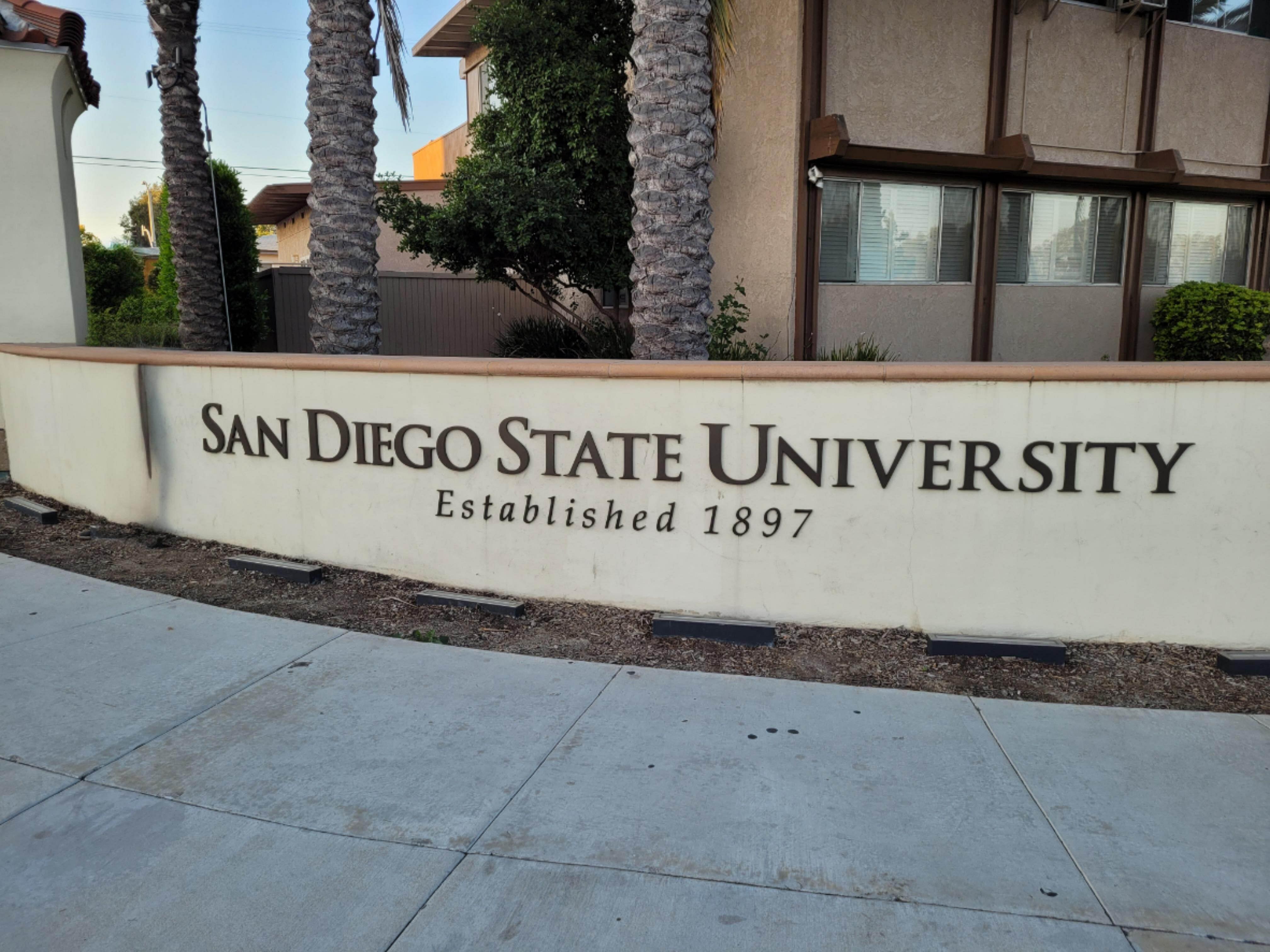
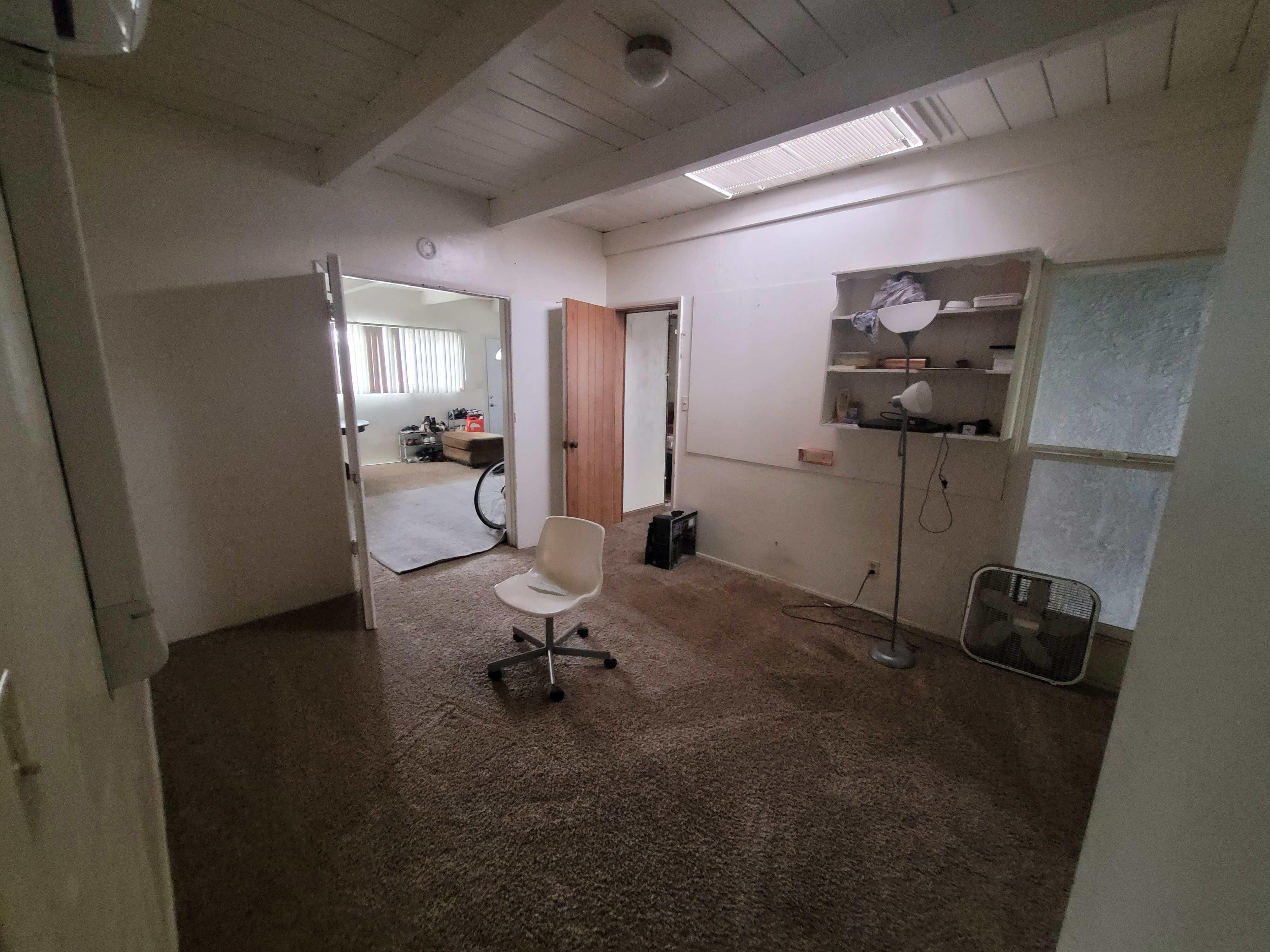
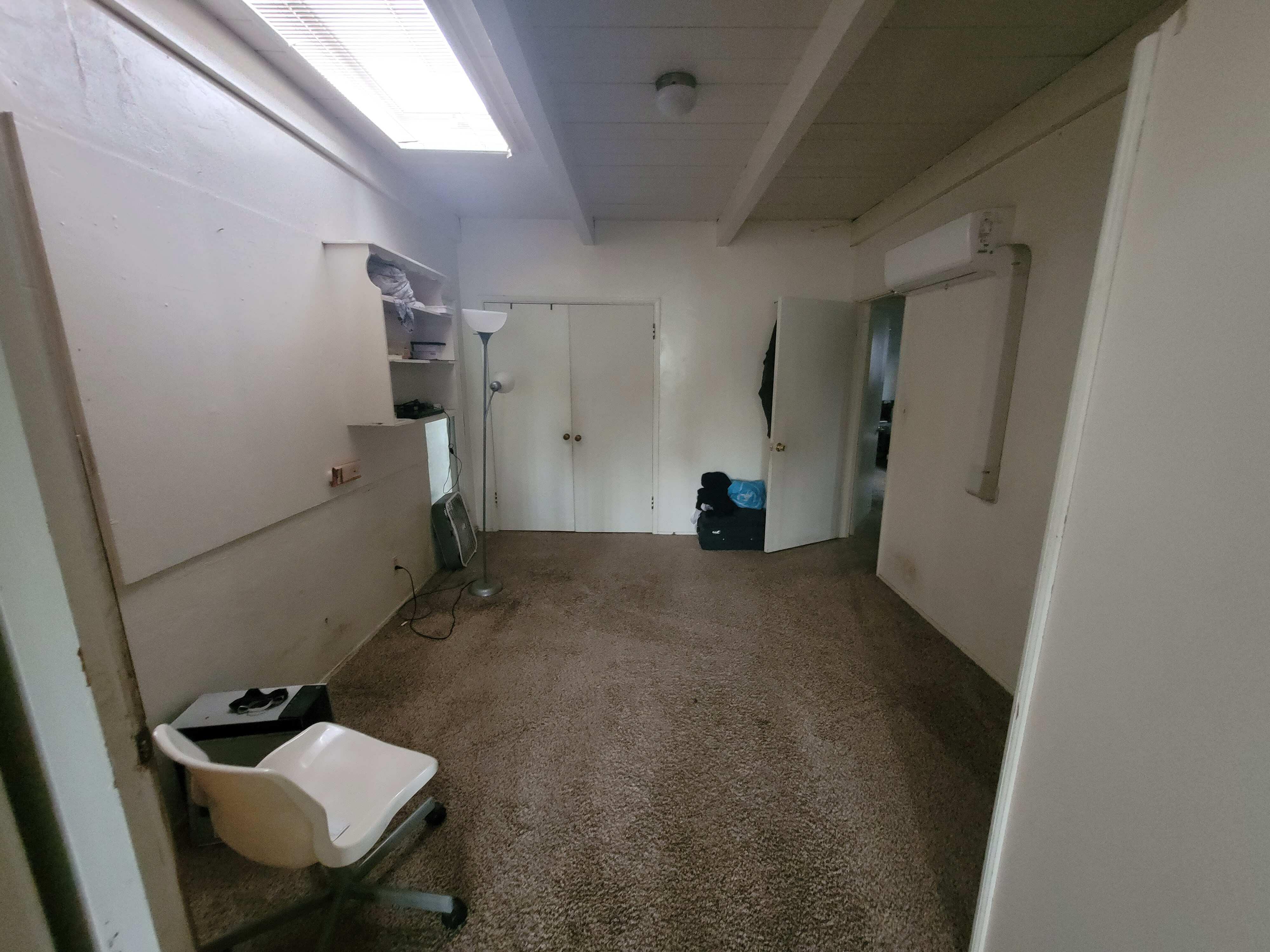
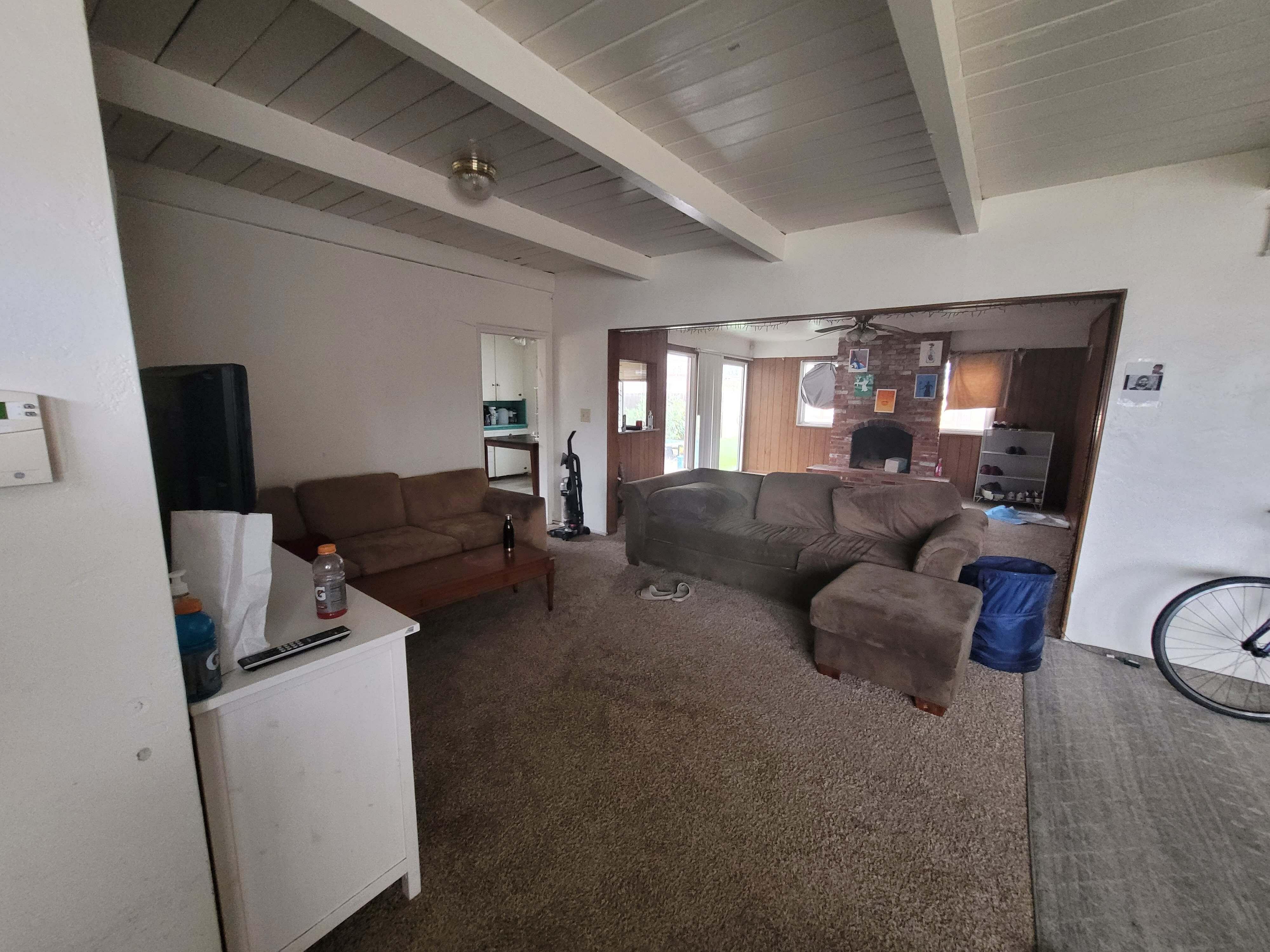
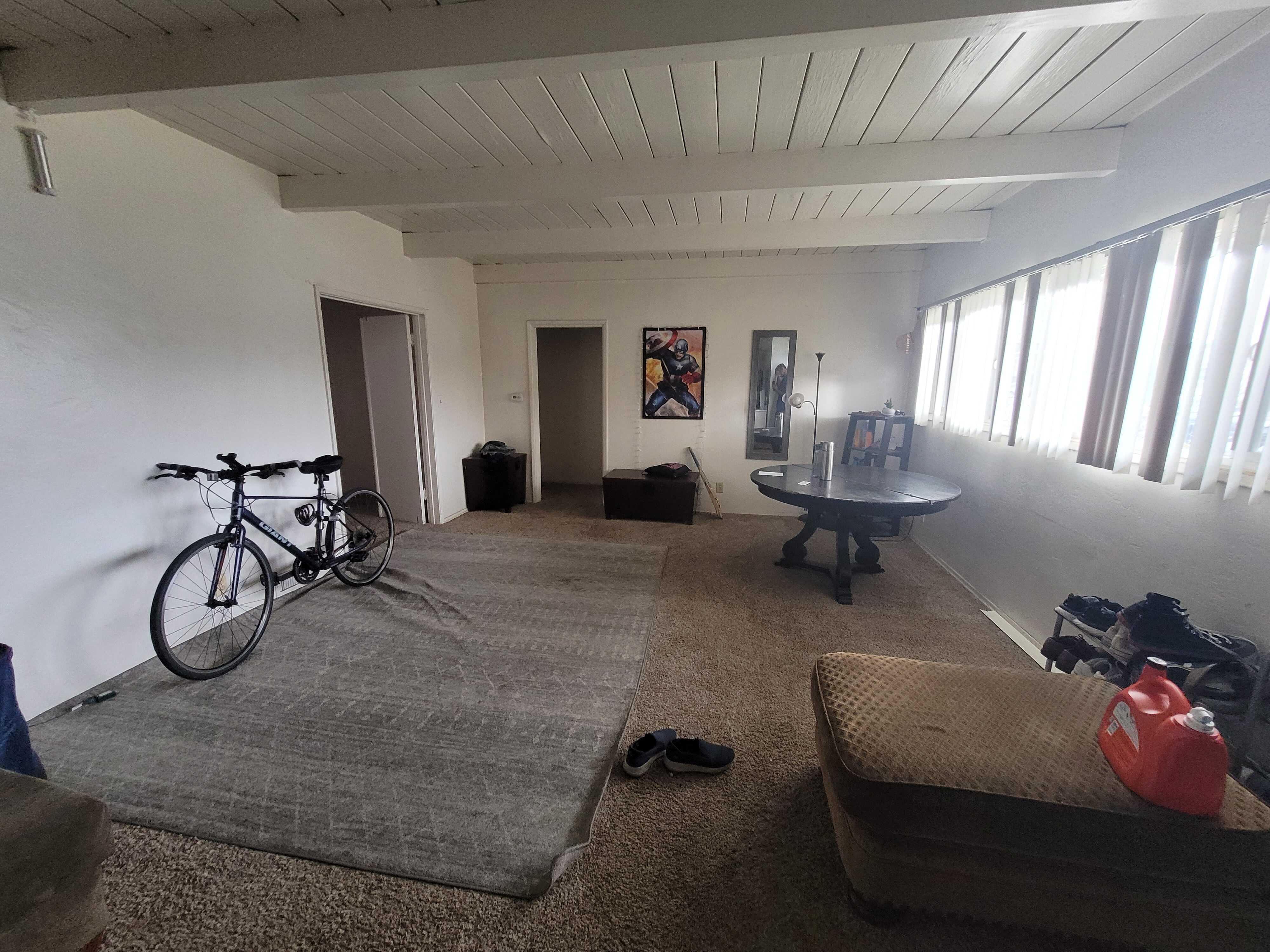
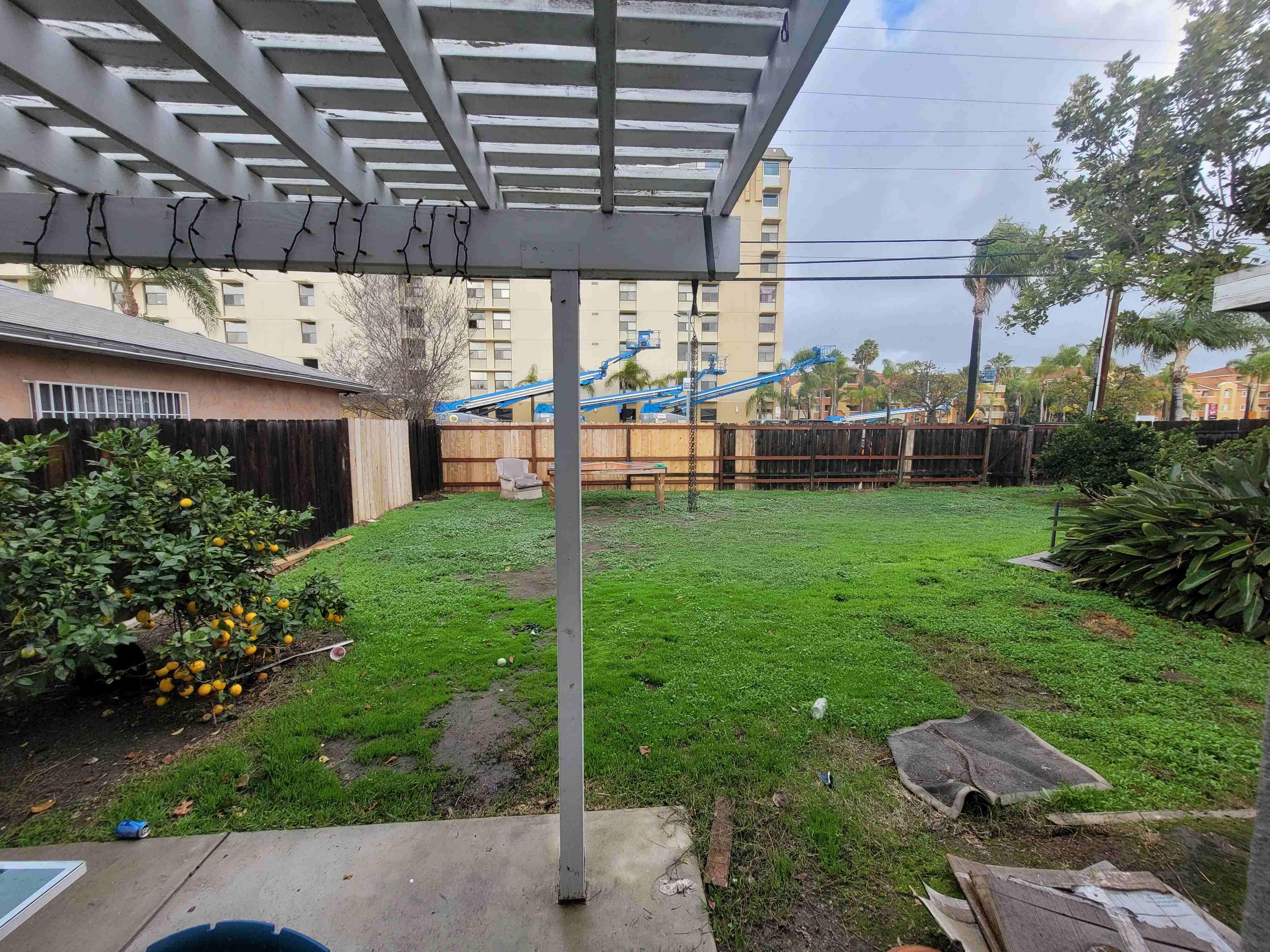
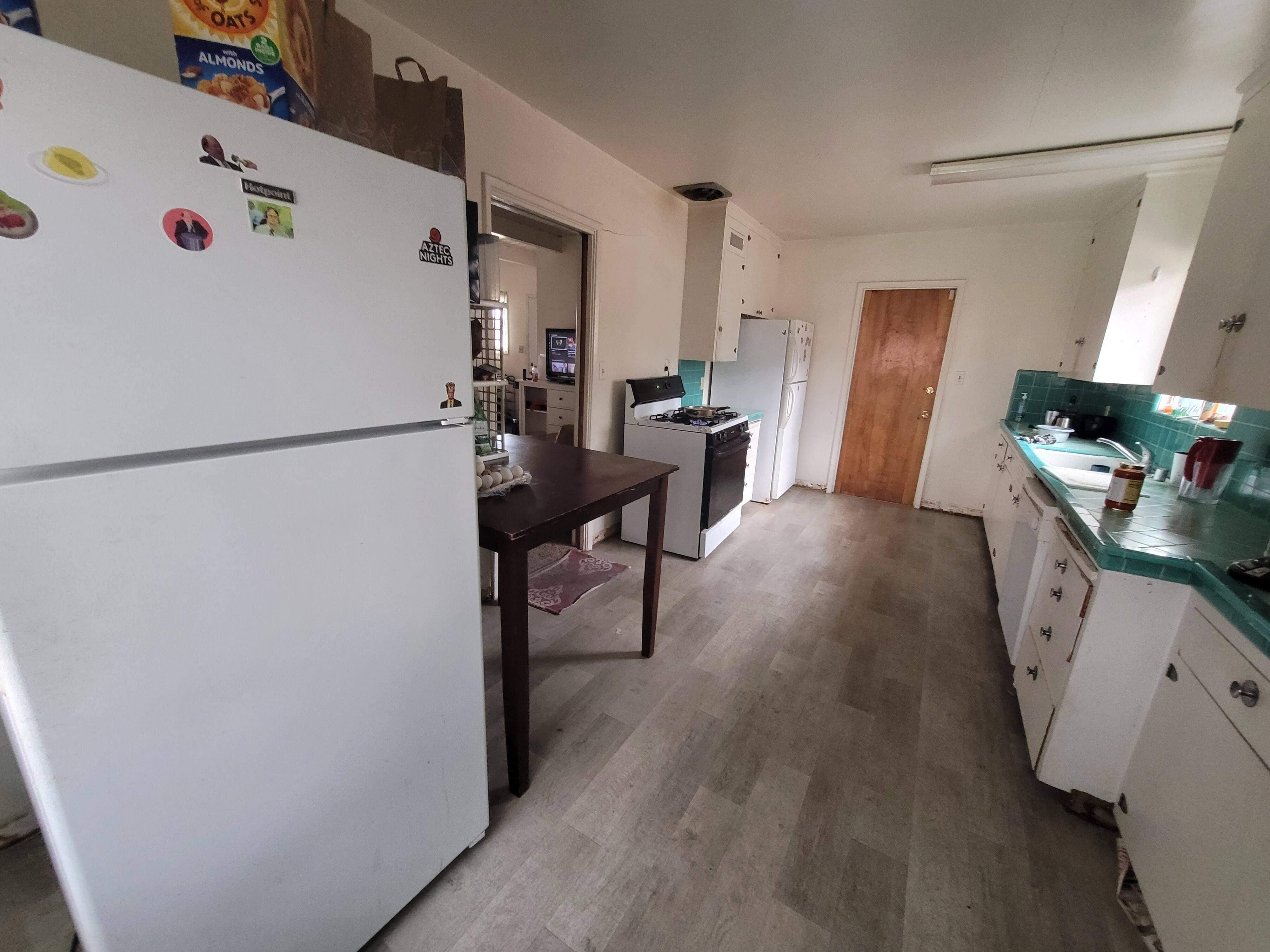

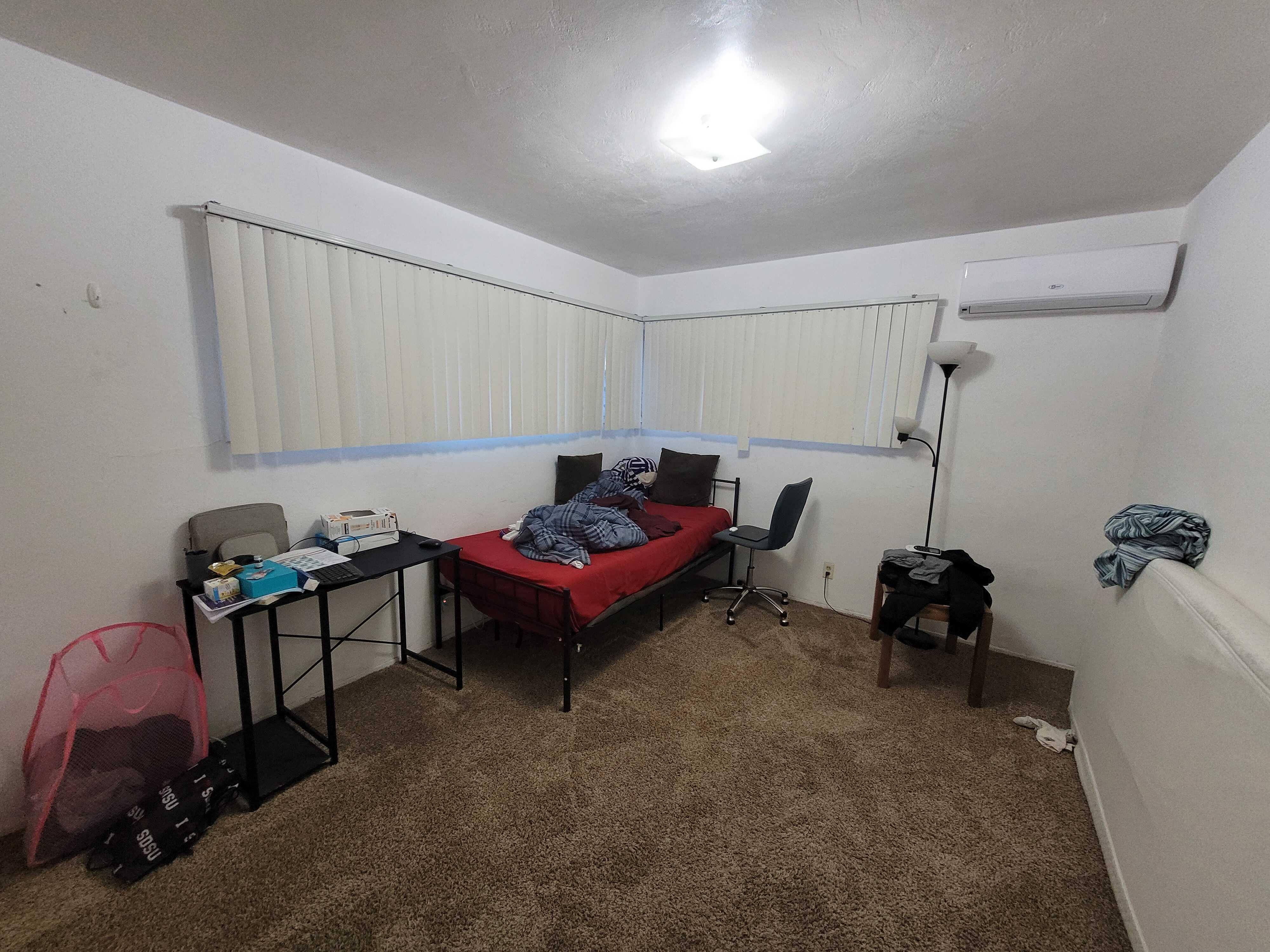
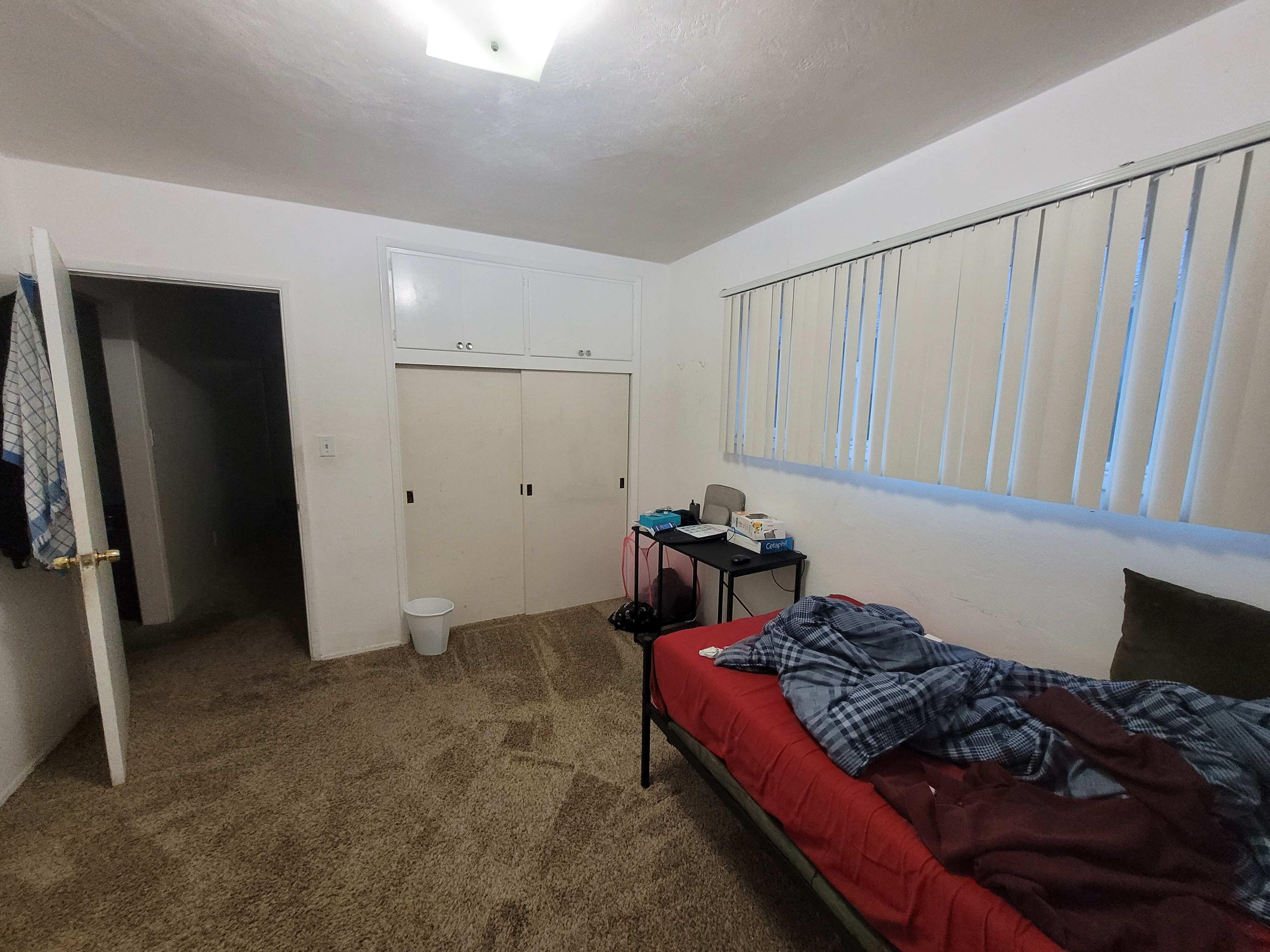
Likes
- Diversity (People from multiple countries study here)
- Course content (Advanced courses)
- Full time job opportunities (After graduation)
Dislikes
- Open campus (Homeless people roaming around in the campus)
- Less Indians
- No free transportation for students
Course Curriculum
- I can say that the curriculum is a balanced mixture of theory and practical approach. It gives a balanced learning experience, combining concepts with real-world applications to ensure comprehensive understanding.
- Positive: The course content is up-to-date, covering modern technologies and industry-relevant topics.
- Negative: Nothing as of now.
Fees
- I-20 mentioned a total $45,000 for 1 year which included tuition fees $ 19,766, Living Expenses $ 22,813, Health Insurance, Books, Supplies $ 3,146. But in total, my tuition fees are $32000 for 2 years and health insurance is $2000 per year.
- Fees are credit based, and semester based.
- Average rent: $850 - $1000. Rent and utility: $600, WiFi – Mobile recharge: $50, Food and other expenses $200.
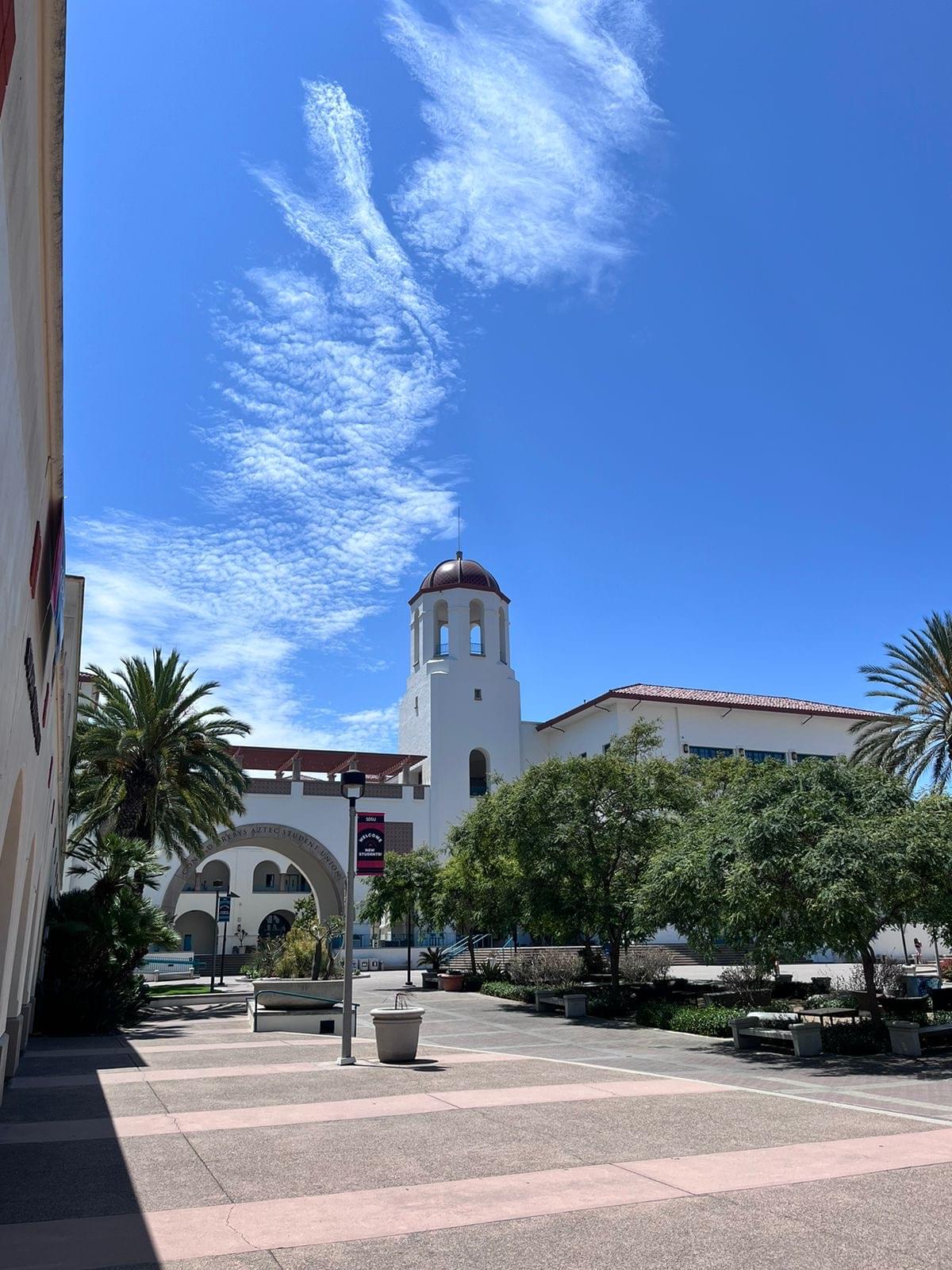
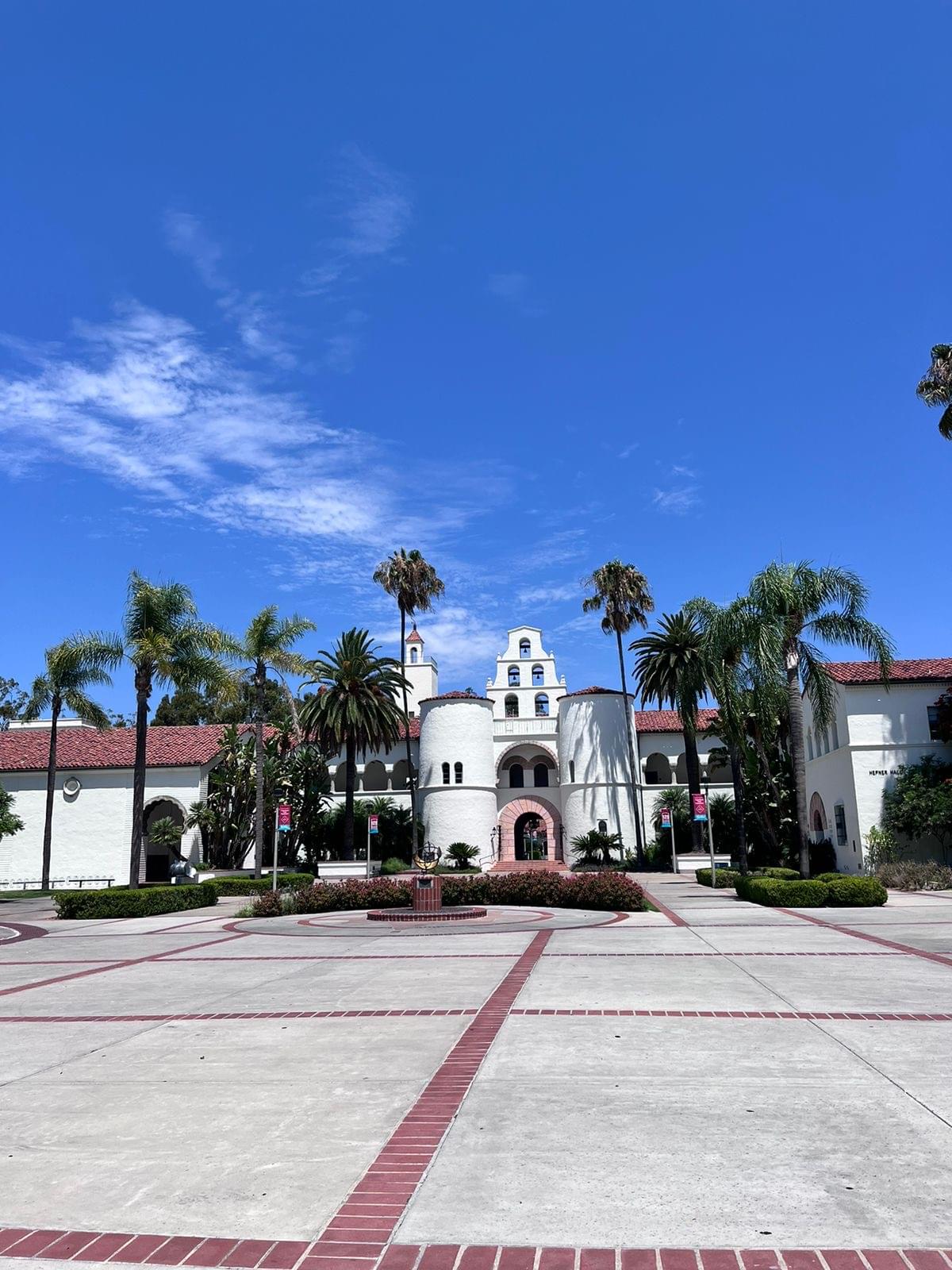
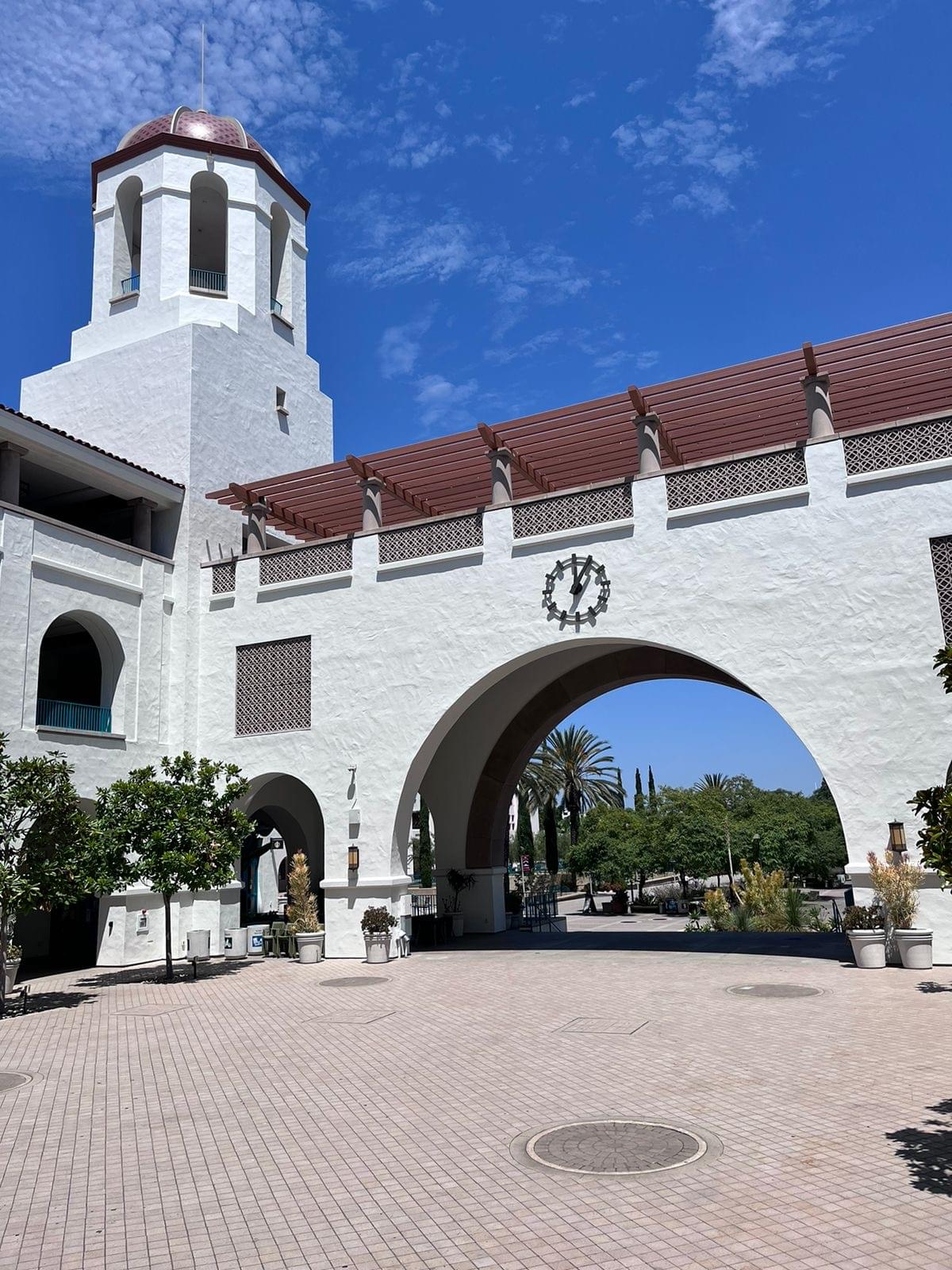
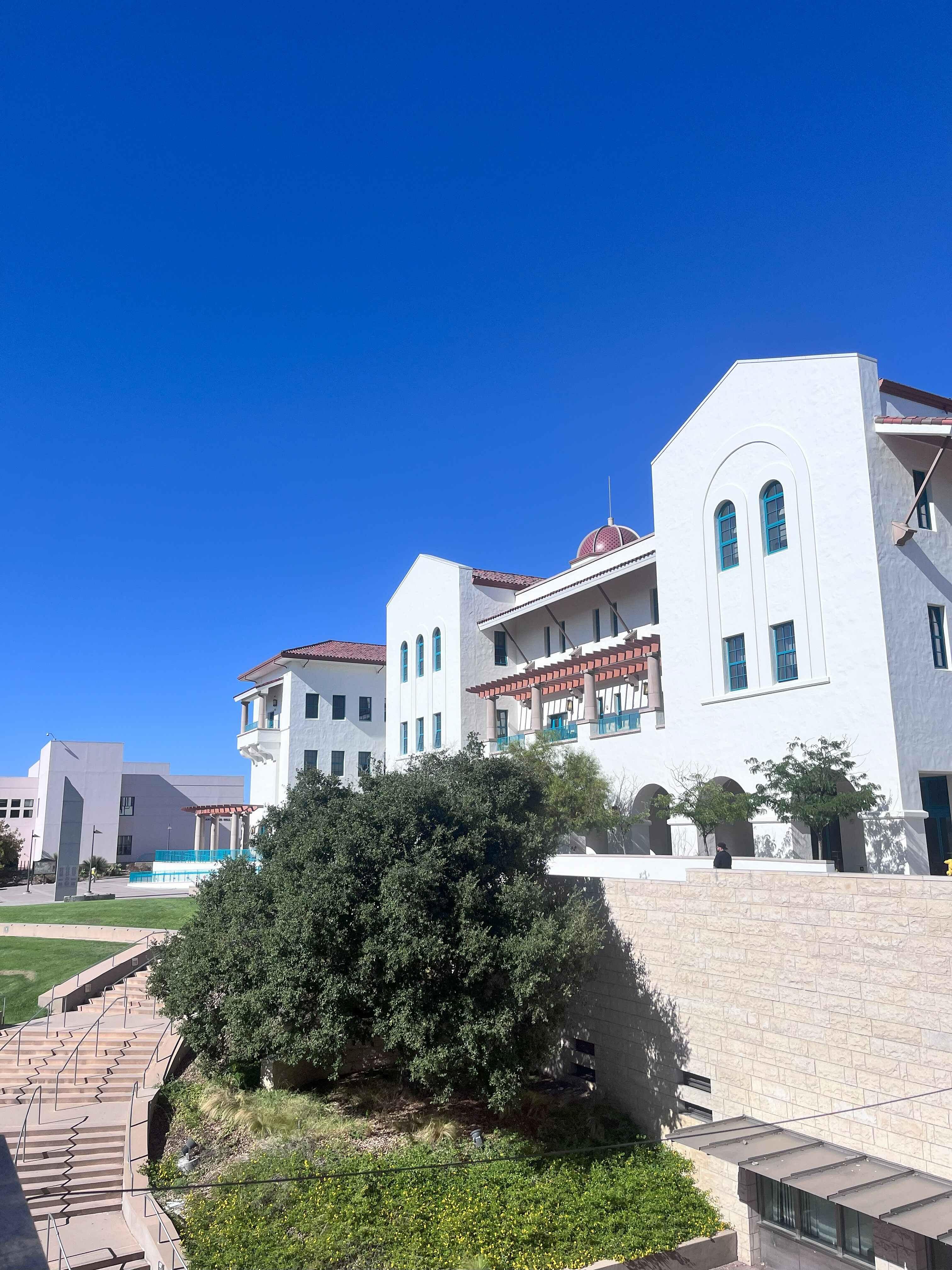
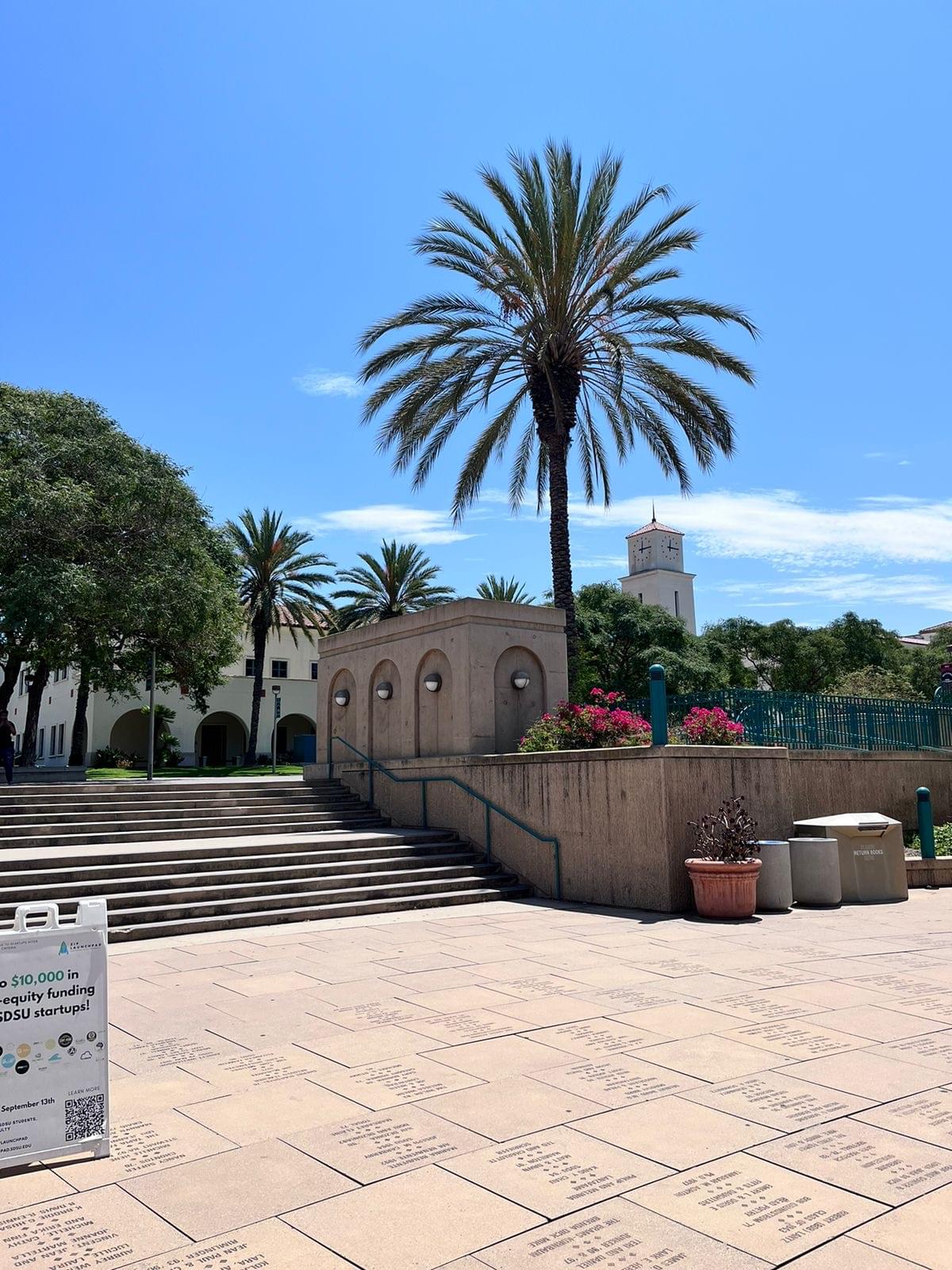
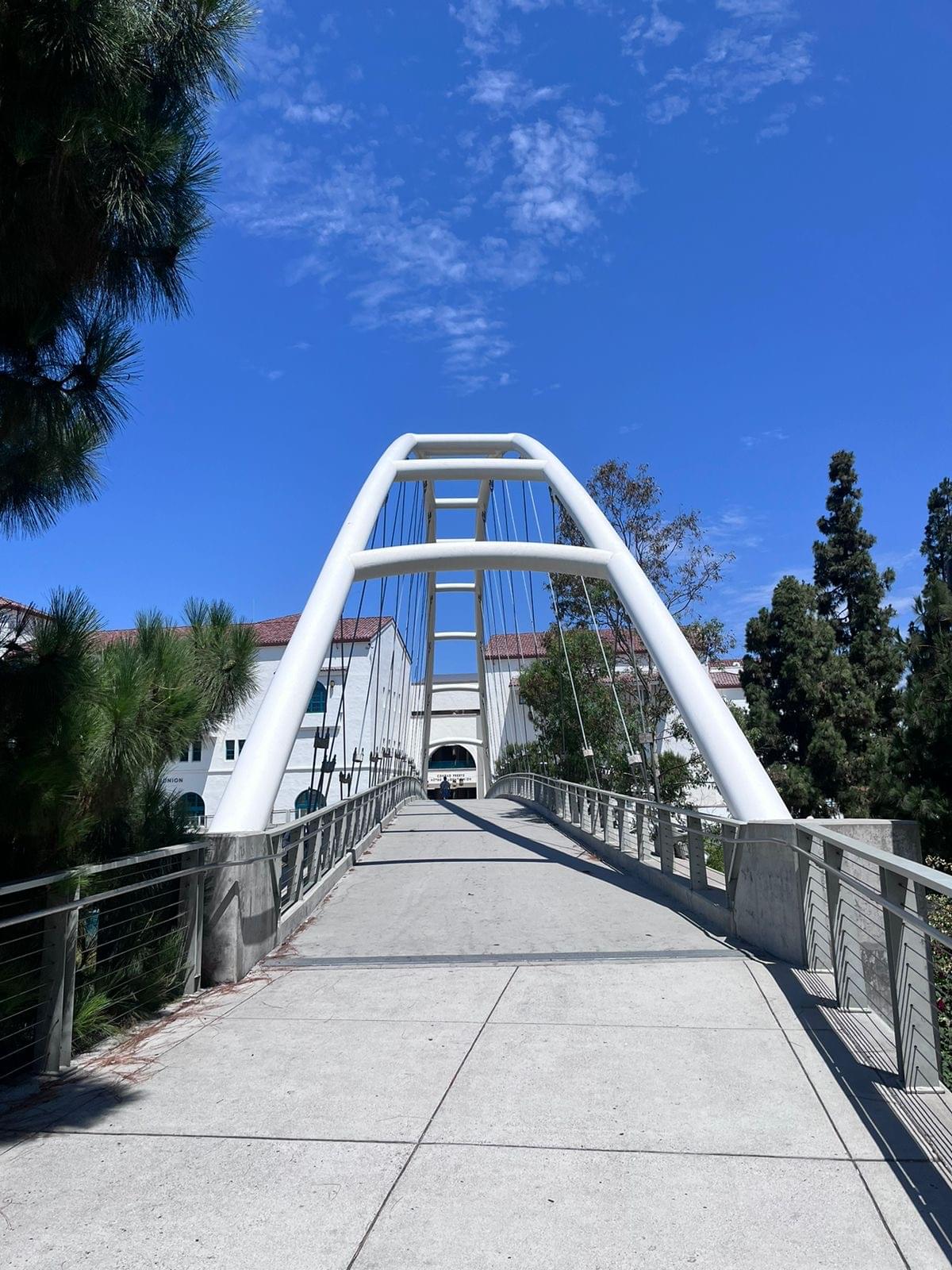
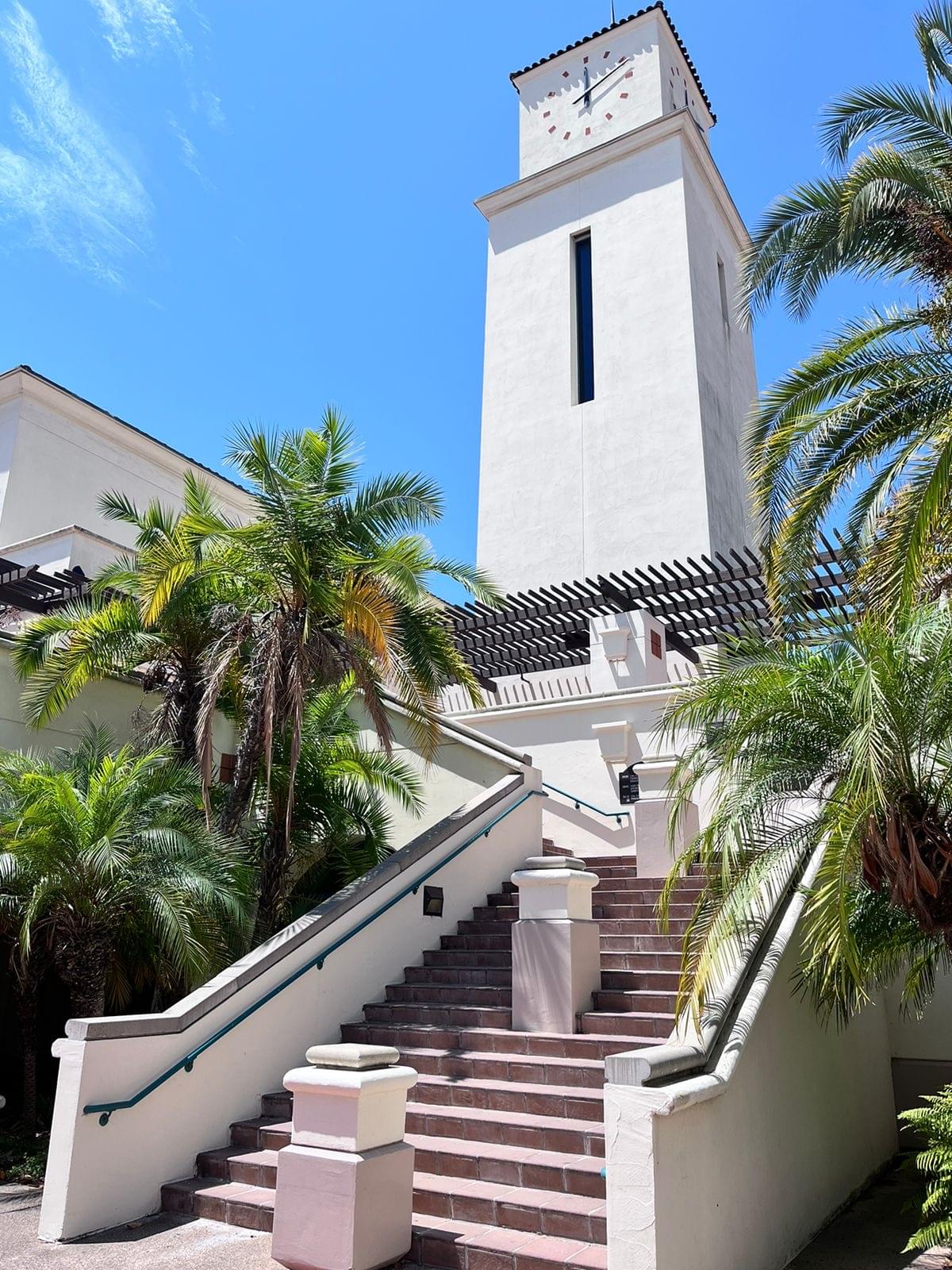
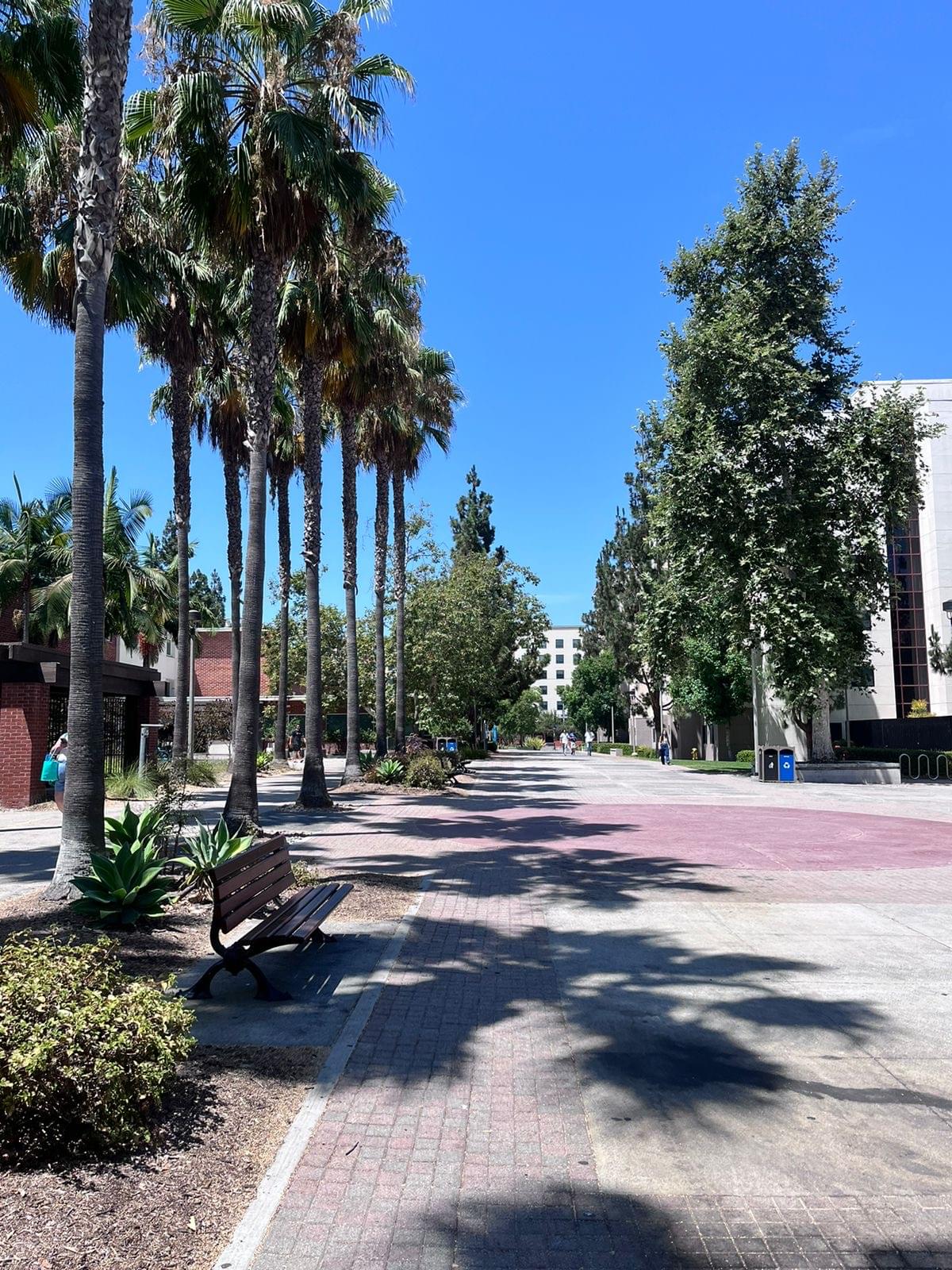
Likes
- Very Beautiful and Safe Campus
- Faculty is helpful and have great knowledge about courses they teach
- Lot of on Campus opportunities
Dislikes
- Not lot of companies come for career fair in CS but there are a lot of construction companies that come in career fair.
- You may see Homeless people but not in main areas of campus and Police is always there so it is safe.
Course Curriculum
- The courses that are of level greater than 600 are generally hard. The assignments are generally weekly or biweekly and are easy to medium level. Courses are generally theoretical but assignments are more practical, cover all topics taught in class and help students learn new things as well.
- A positive aspect of my course is that classes are twice a week, which is easy and gives us more time to study and do assignments.
- You can take up to 3 courses in a semester and every course class is two times a week. Each class is 50 - 90 min.
- The number of students depends on the students enrolled in the subjects; generally, it is around 60-70 students in a class.
- For Computer Science, there are about 30-35 Indian students and in total for Fall 24, there are 70-75 students from India.
Fees
- Fees (Per Semester) - $9908
- Total course Fees (4 Semesters) - $34000 approx.
- Insurance (Per year) - $1927
- Monthly Expenses (off Campus)
- Rent & Utilities - $620 per month
- Grocery - $250-280 per month
- other expenses ( entertainment ) - $50-100 per month
- Monthly Expenses (On Campus)
- Rent - $1600 per month
- Eating - $500 per month
- Other - $200 per month
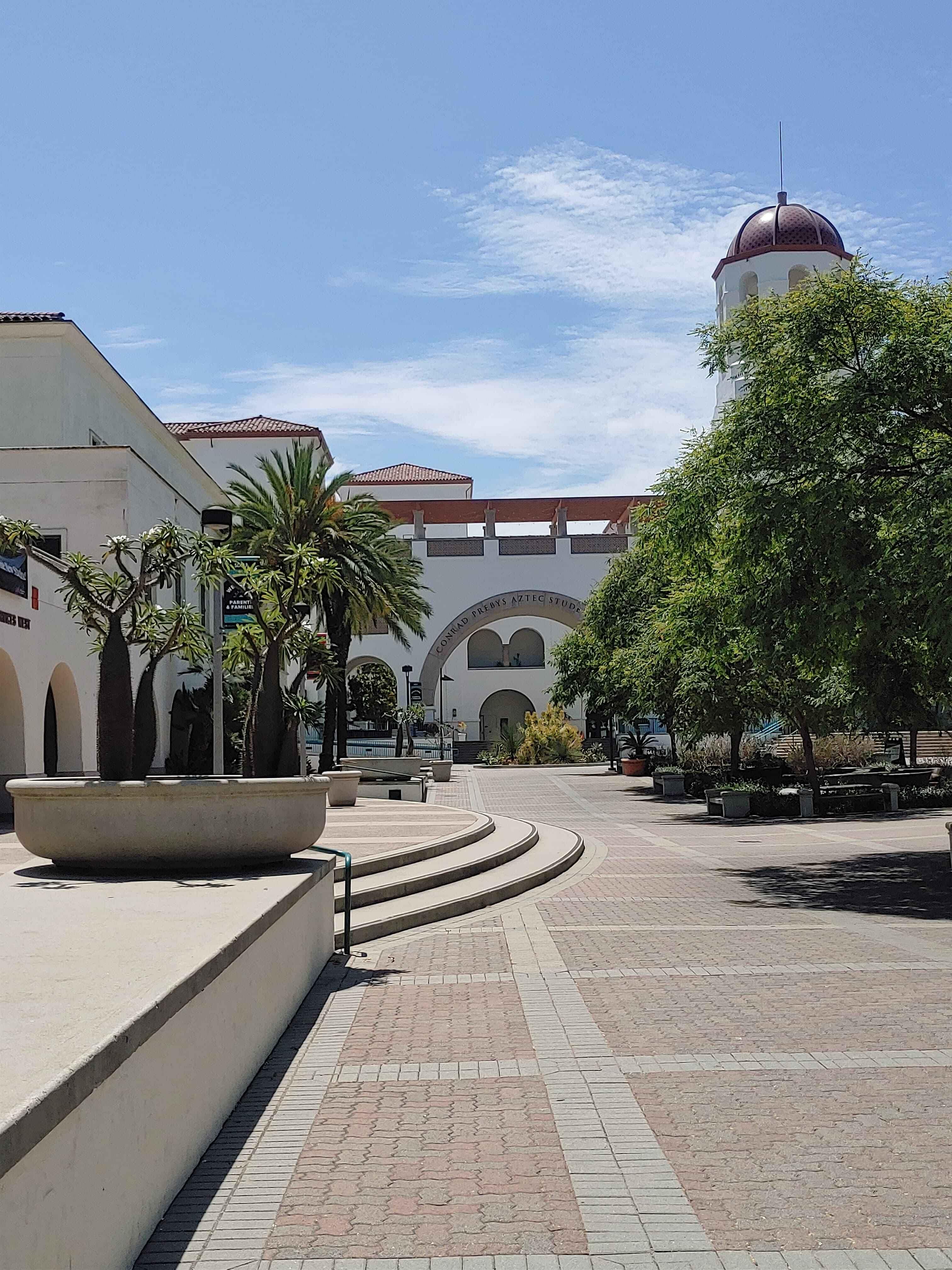
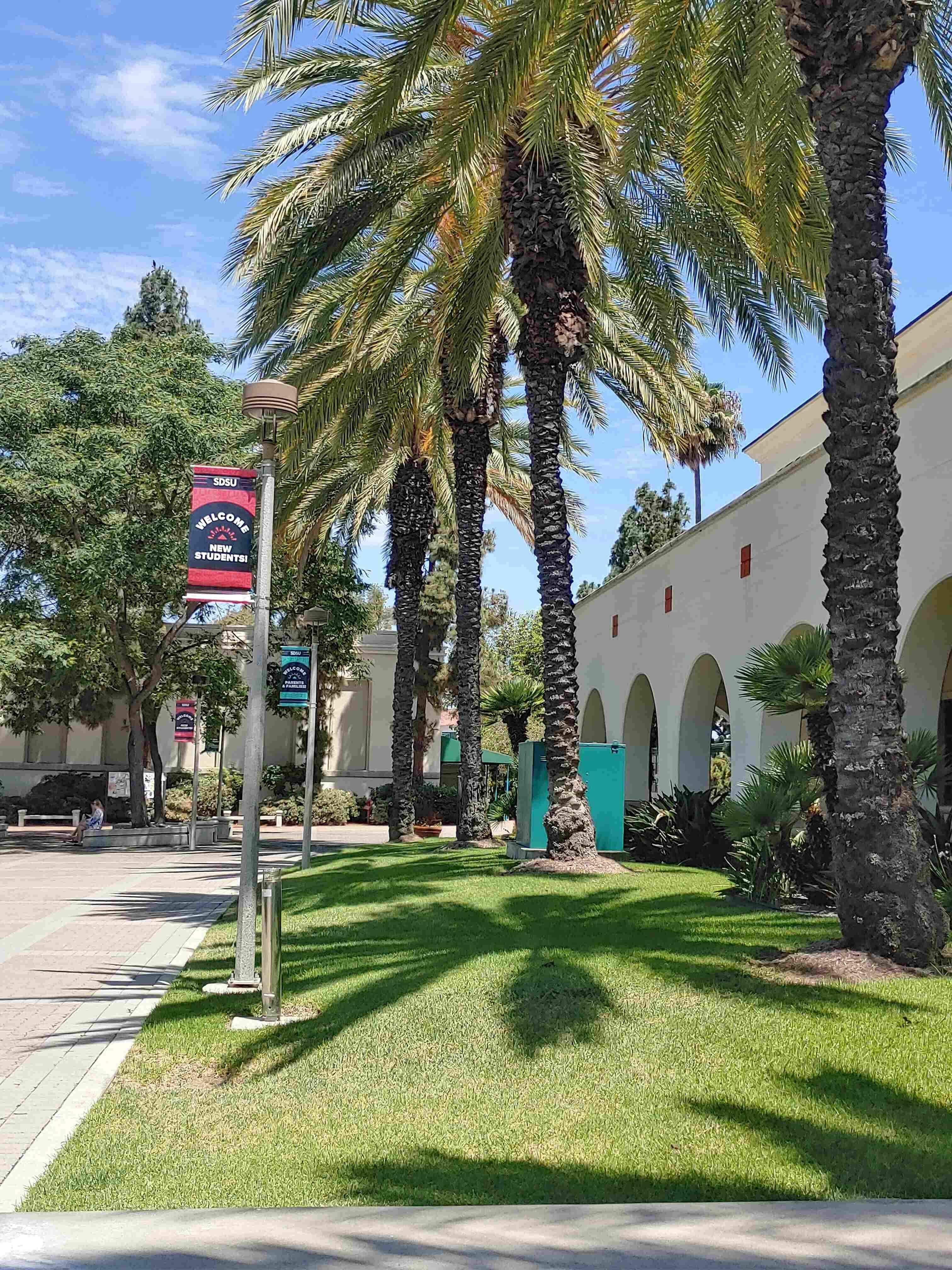
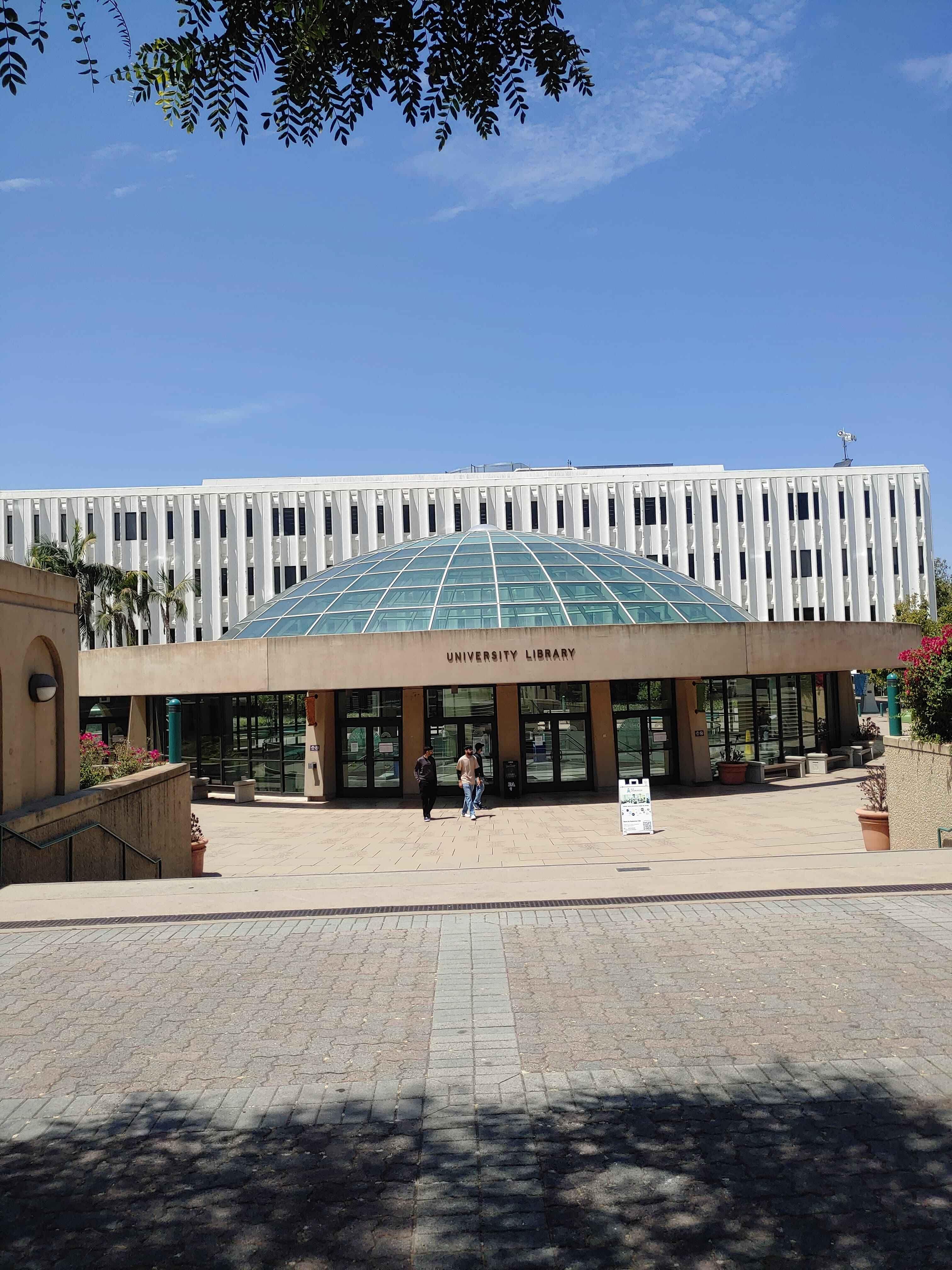
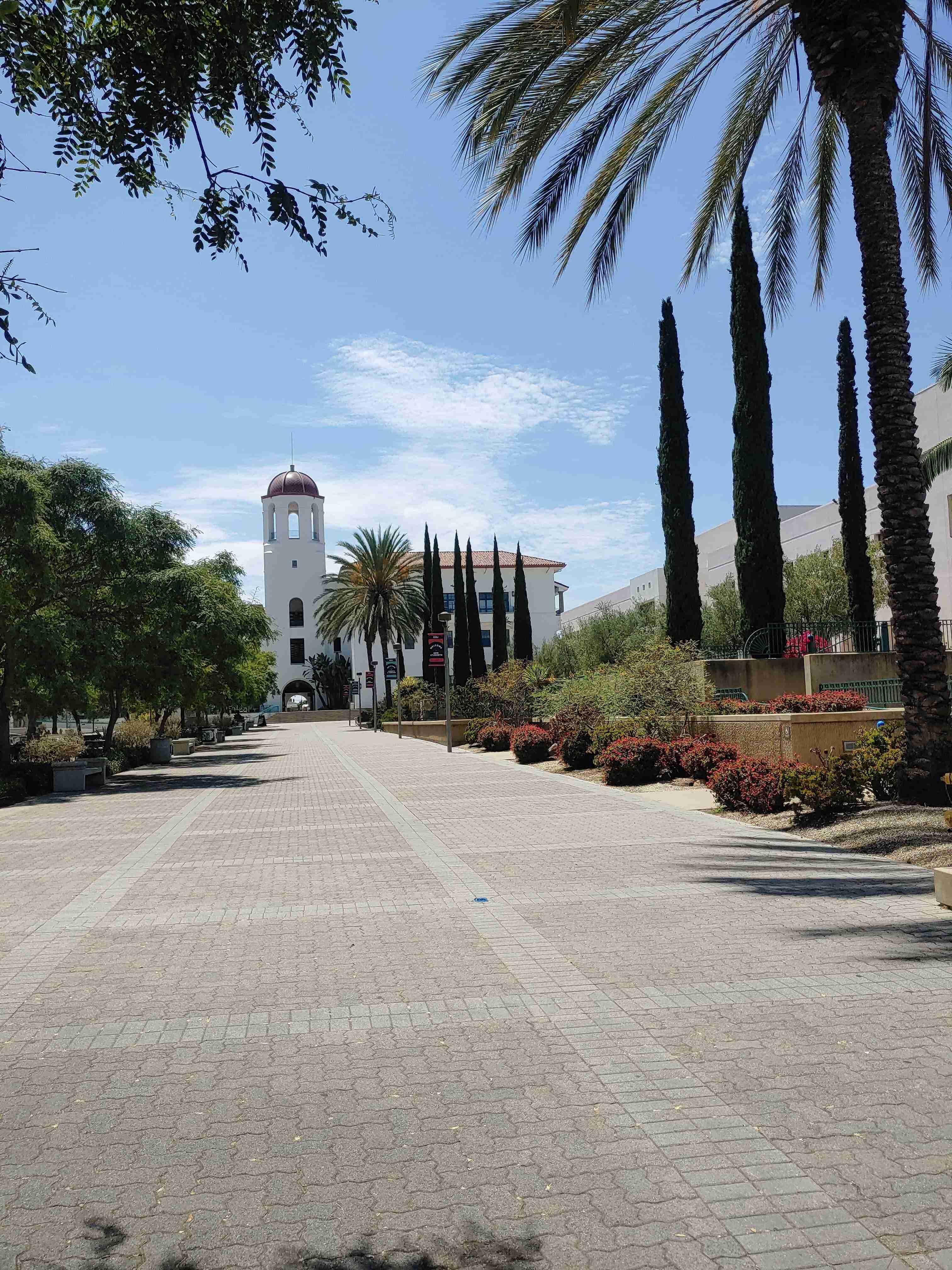
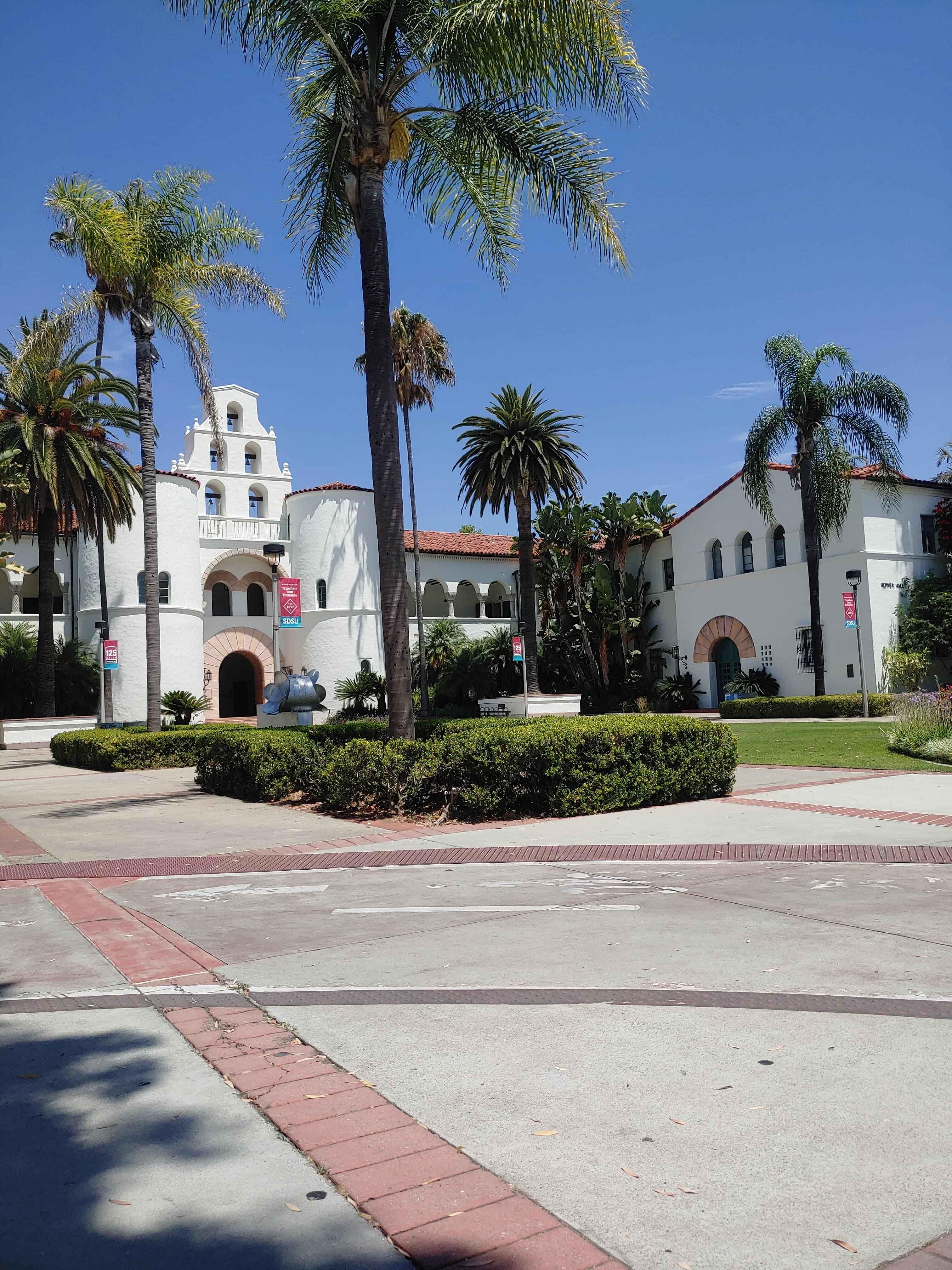
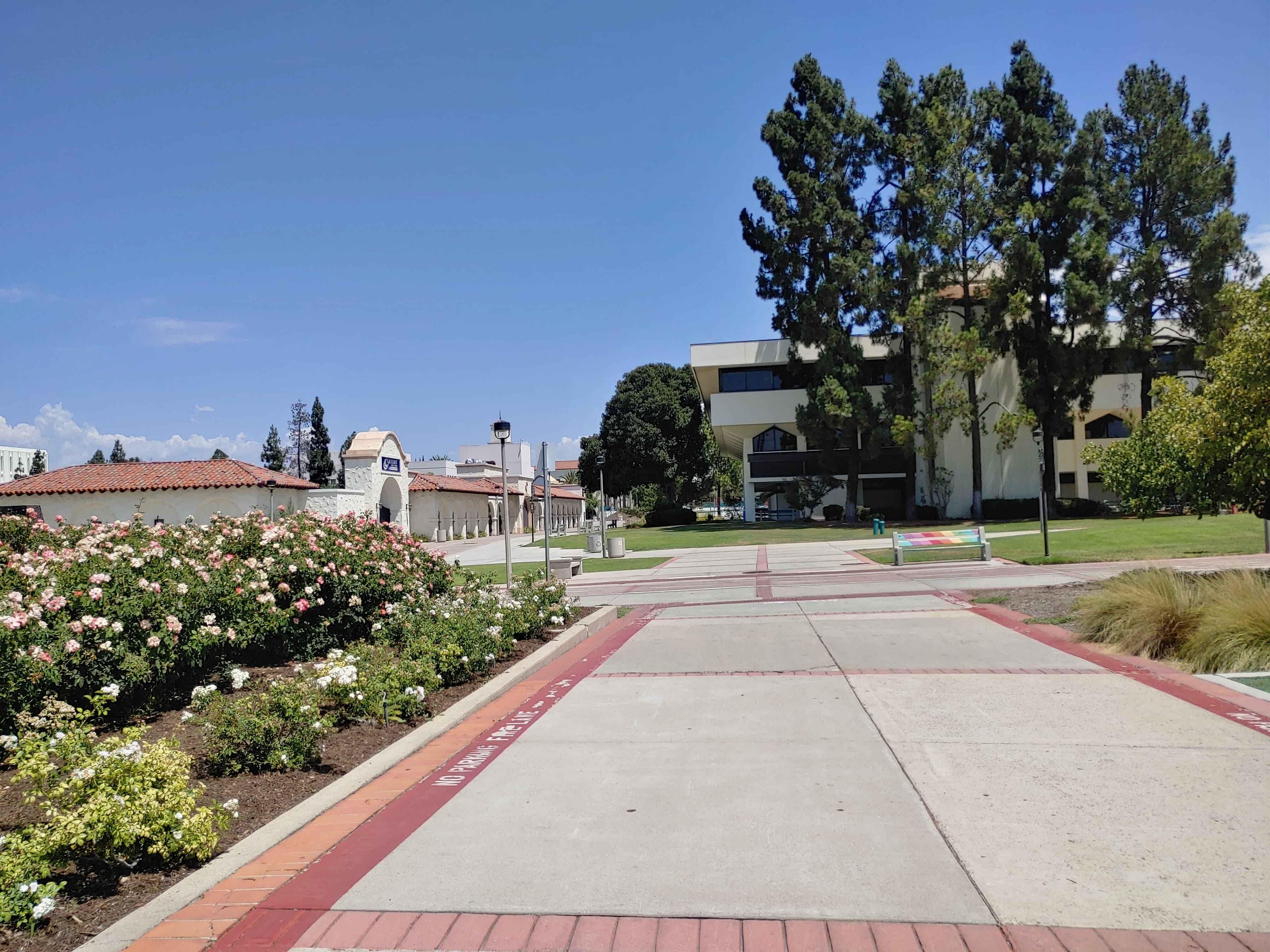
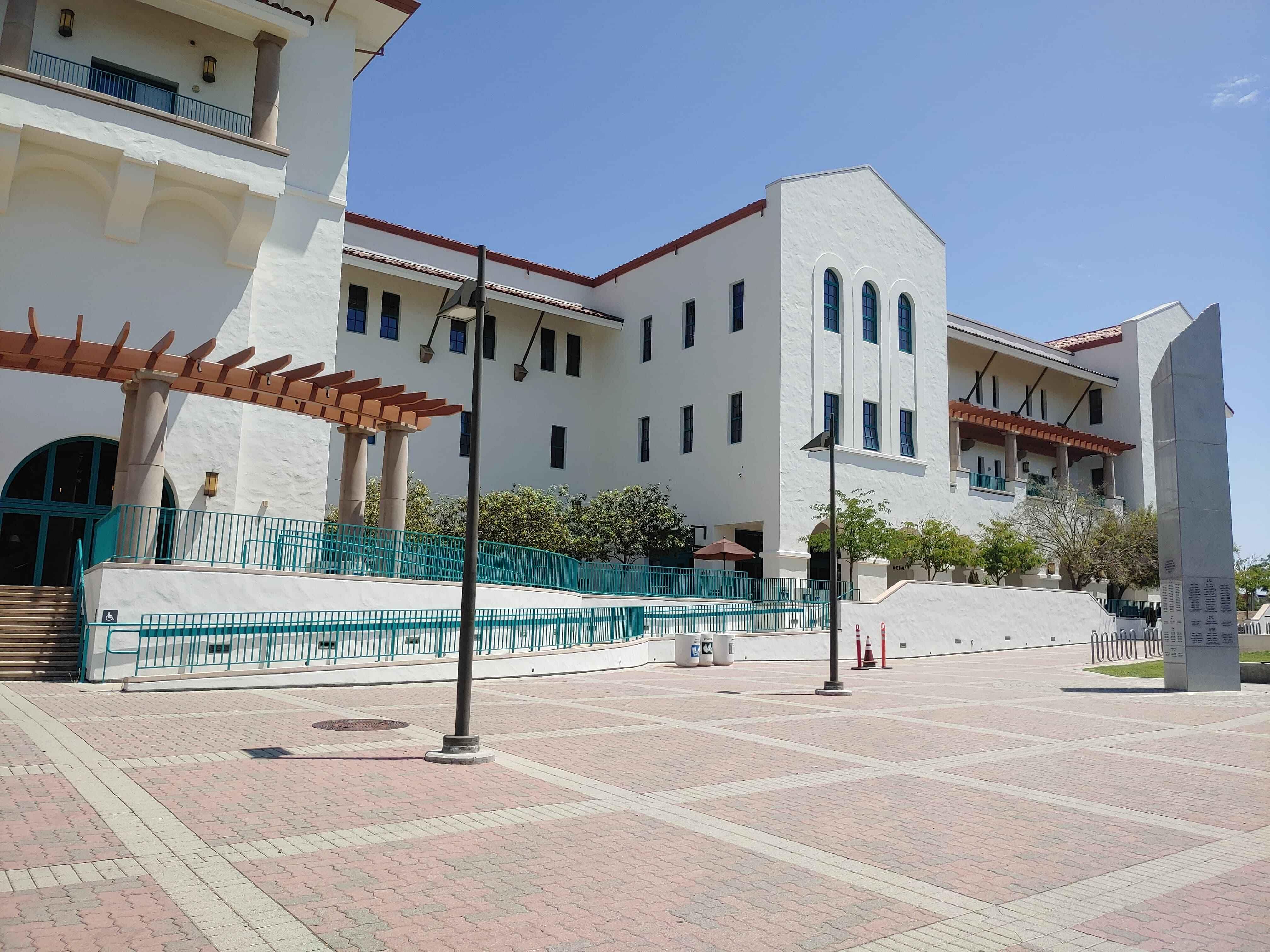
Likes
- College in proximity with lots of startups and industries in the field of biomedical engineering, affordable fees.
- Lots of research opportunities across different fields, very experienced professors to provide guidance in research fields, very active on-campus groups and activities, great location, affordable cost of attendance
Dislikes
- Very few on-campus opportunities to network with industry partners, lesser academic scholarship opportunities available (at least in engineering fields) as compared to other California universities, no independent PhD degree provided by SDSU
Course Curriculum
Course curriculum and academics for Bioengineering department were in-line with industry standards for my interest i.e. MEMS. I was enrolled in a thesis included degree and therefore had ample research experience in academic lab.
Fees
Enrollment fees per semester - ~$2800/sem. Total 4 semesters for degree completion. Living expenses are additional.
Course Curriculum
Very flexible, some challenging courses. Did have some research experience.
Close to silicon Valley, course structure flexible and adaptable.
Fees
I pay around $6000 a year for my program because it is online. On-campus tuition is closer to $8000 I believe. There are scholarships available for everyone. You pay for each semester. I am paying out of pocket with no scholarships or loans so I don't know much about those. You can pay easily online or in person
San Diego had always been a dream city for me. It's metropolitan but also has chill areas like the beach. It's a state school so as a California resident it was an affordable choice. The college campus is a moderate size and has beautiful architecture. The area the college is in feels like it's own community.
Course Curriculum
My opinion on the course curriculum is that it?s nice once you get into you're upper division courses but your GEs can kind of be annoying when you just want to go ahead and get to what you actually come to college.
Fees
So tuition and fees cover an enormous amount of things which also include basic health coverage which is amazing because a lot of universities don't offer that for you. And to have real doctors on campus is such a reassurance.
Course Curriculum
All of the curricula are relevant so far. There are some classes that haven't been the most interesting however they have had little weight to them. I love that the curriculum is based on AONE standards so when I finish, I should be prepared for certification.
Fees
Tuition is based on block units. 1-6 units cost a certain amount and 7+ is another amount. You also pay for a student representative fee. If you decide to go on a tuition payment plan there is an extra $60 added. Student ID and parking cost money.
Course Curriculum
The coursework is good. Overall it is subjective and depends on the person taking the course
Fees
18K per year. In one sem we have to take 9 units






Comments